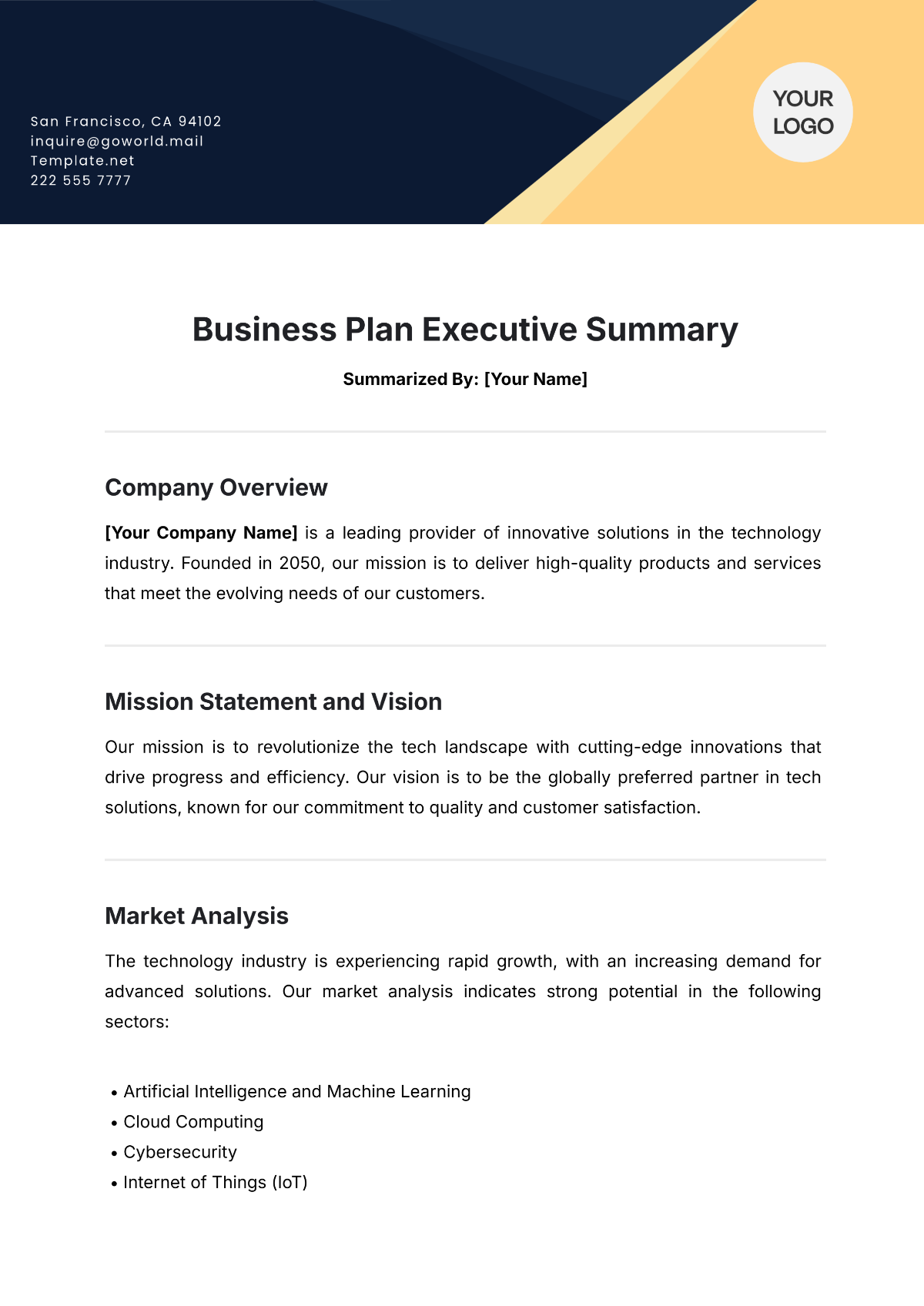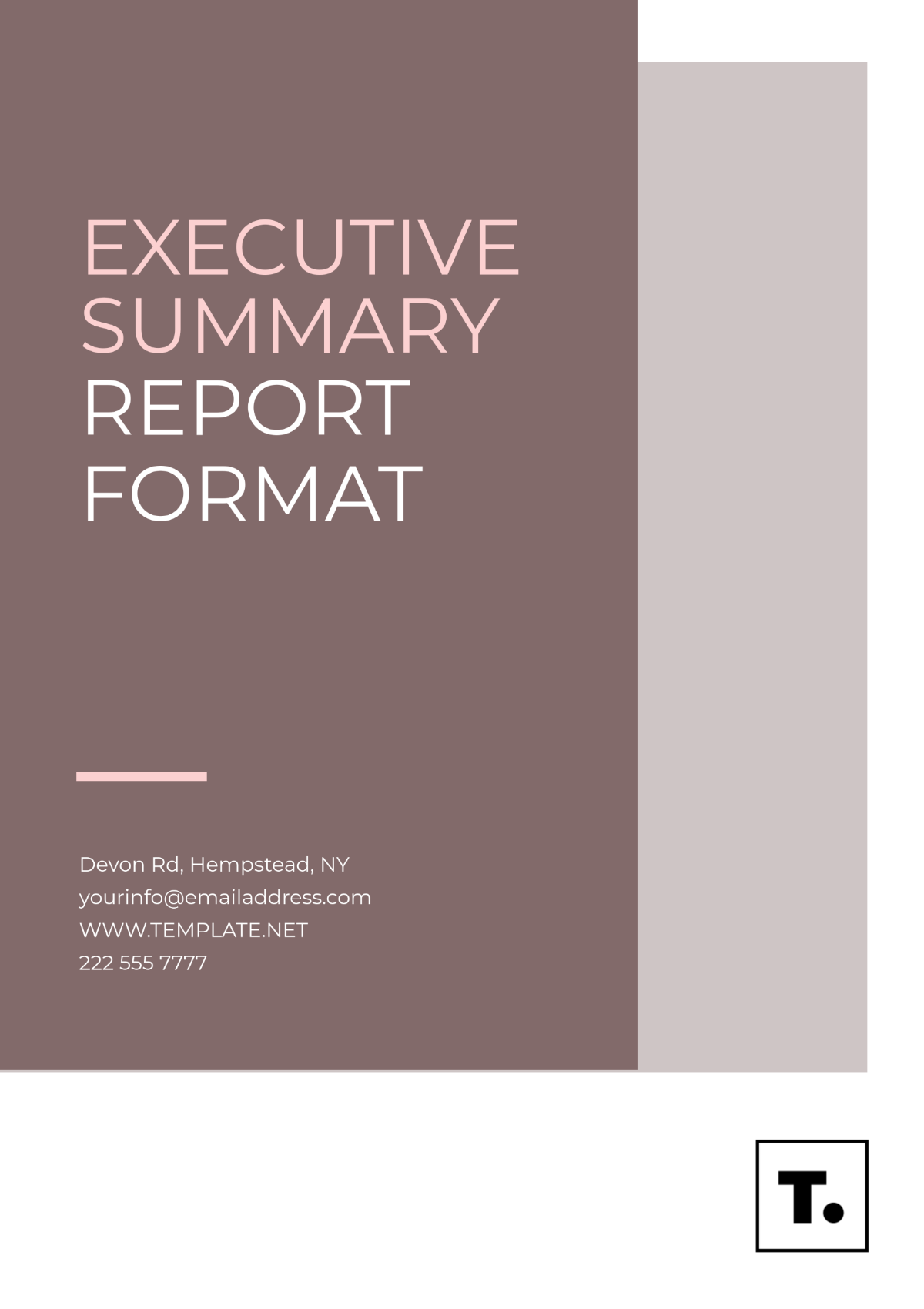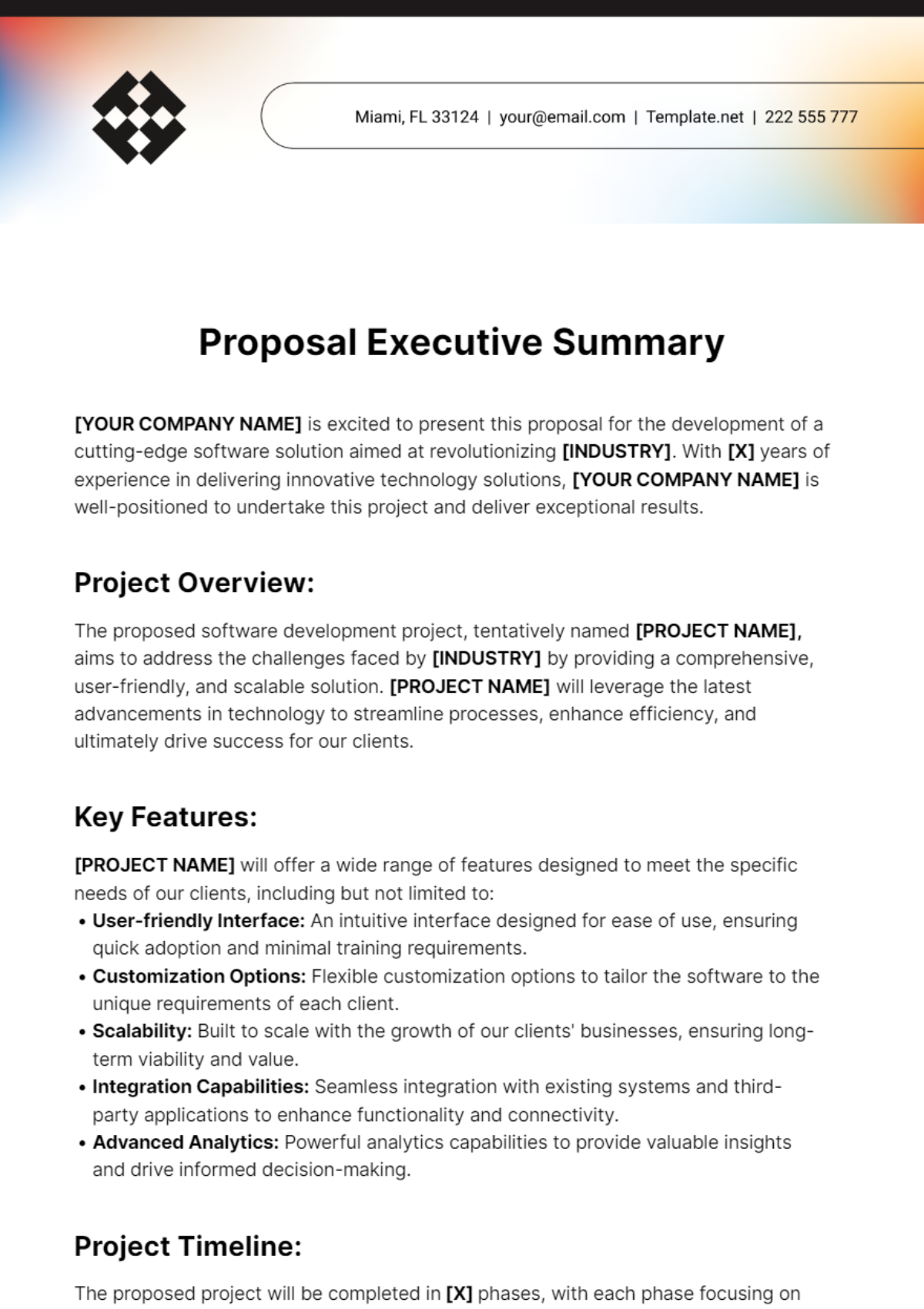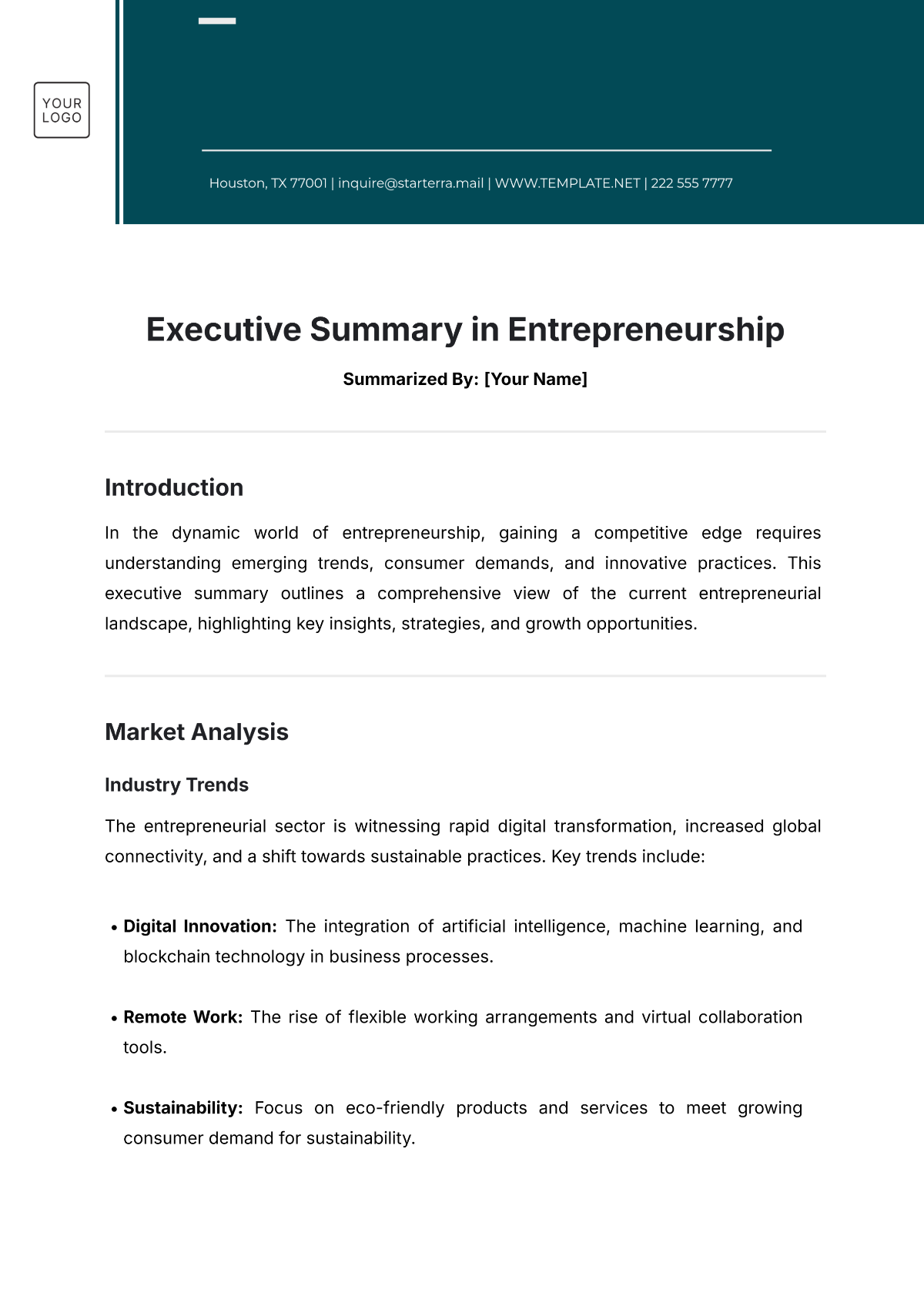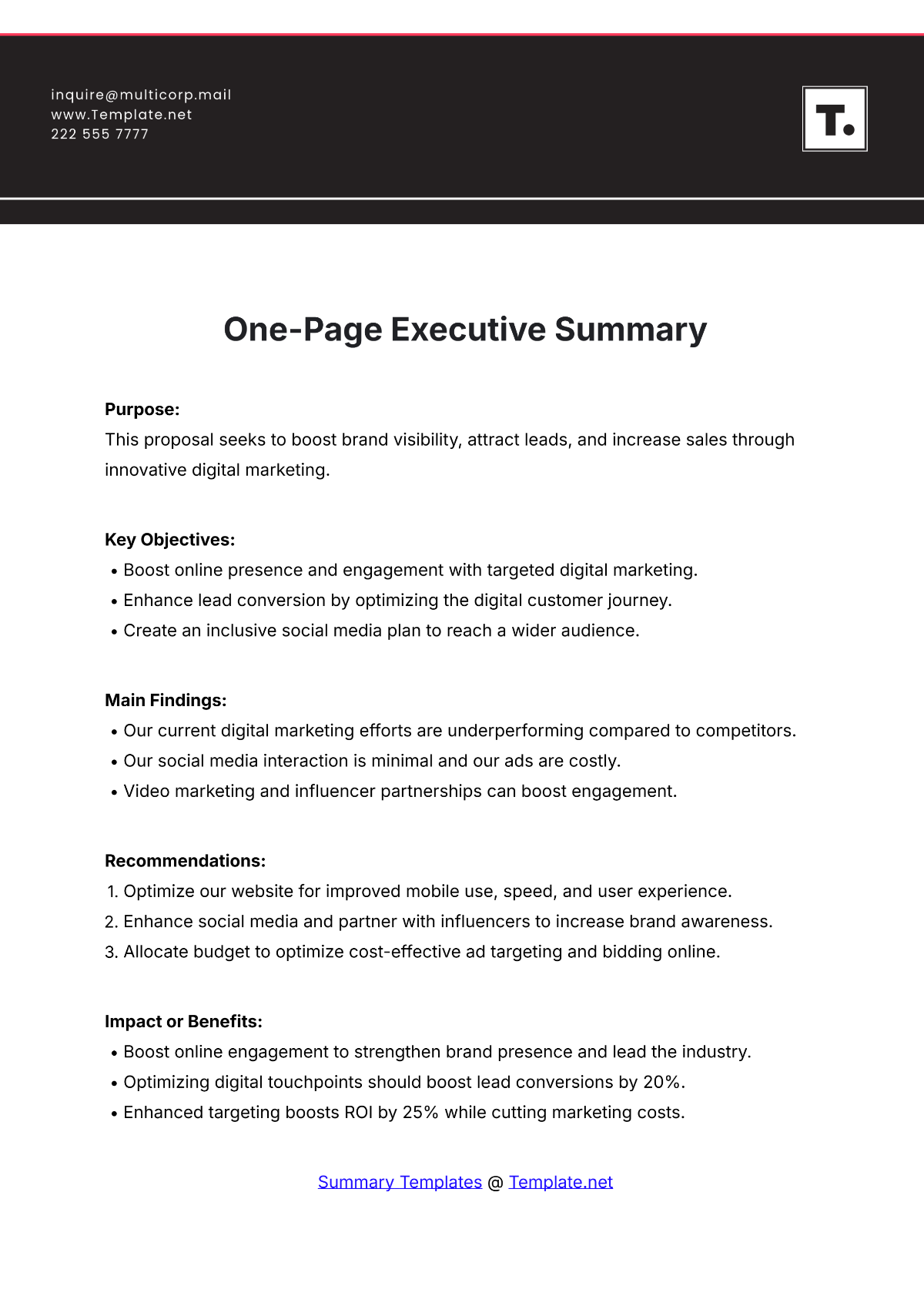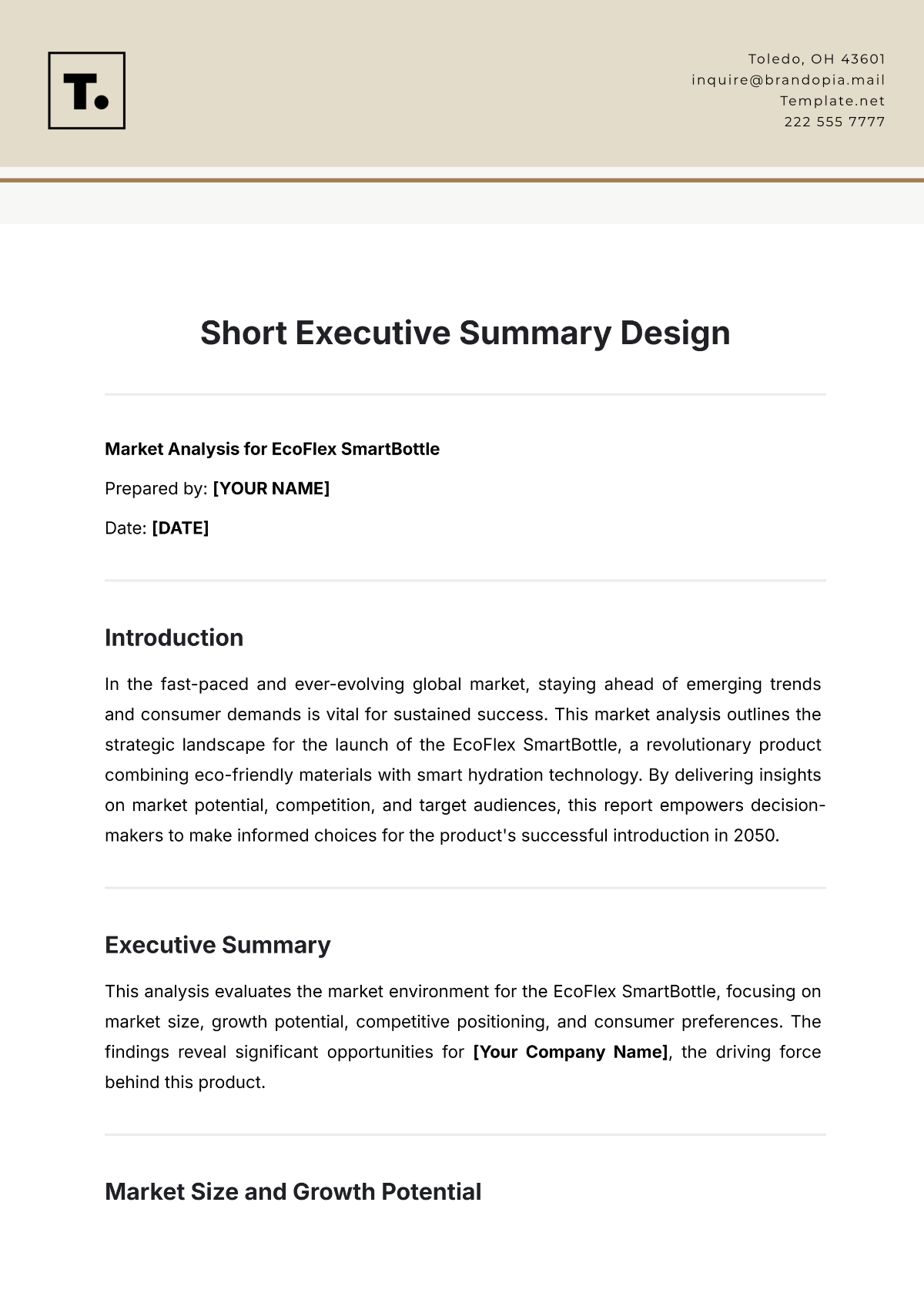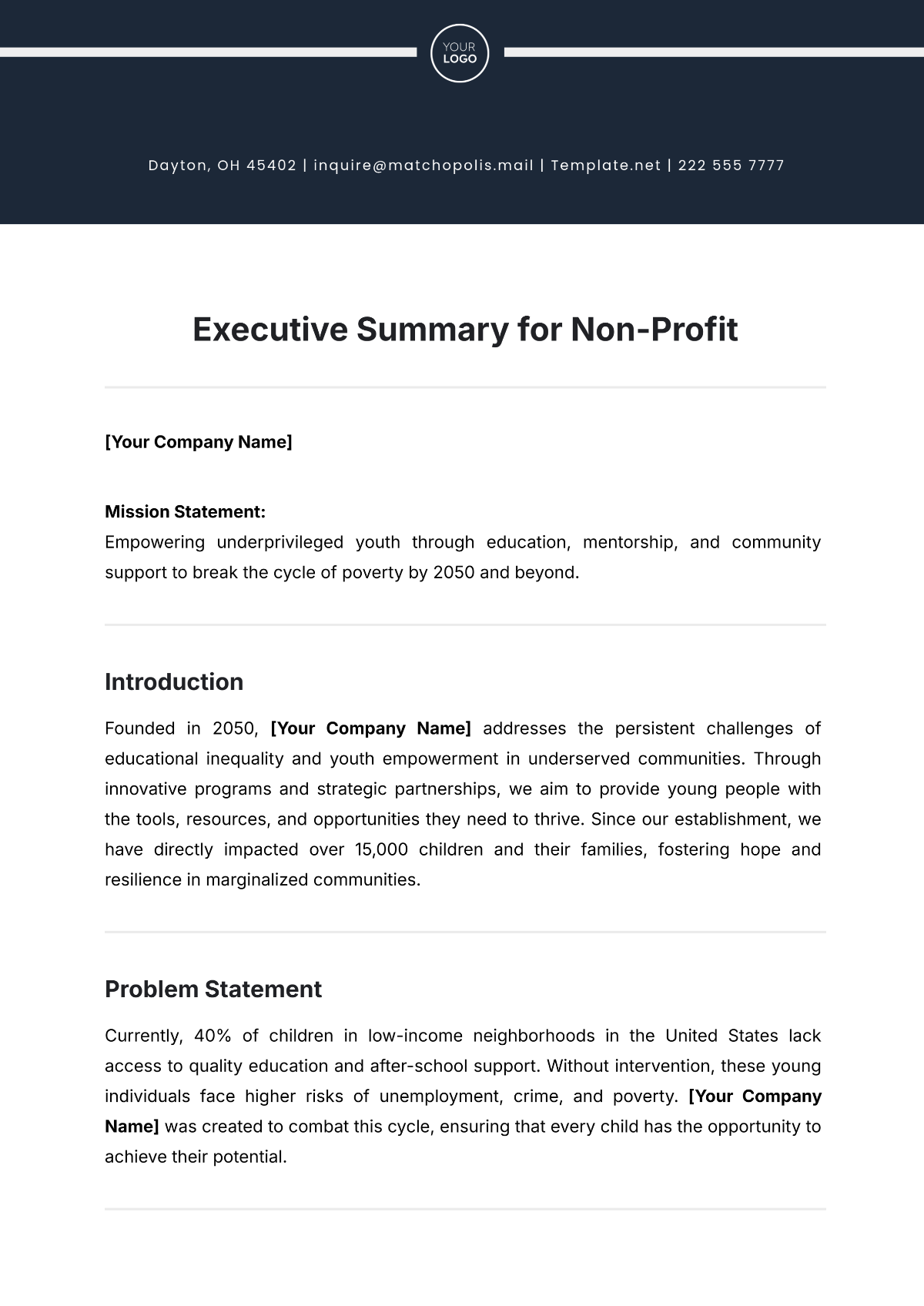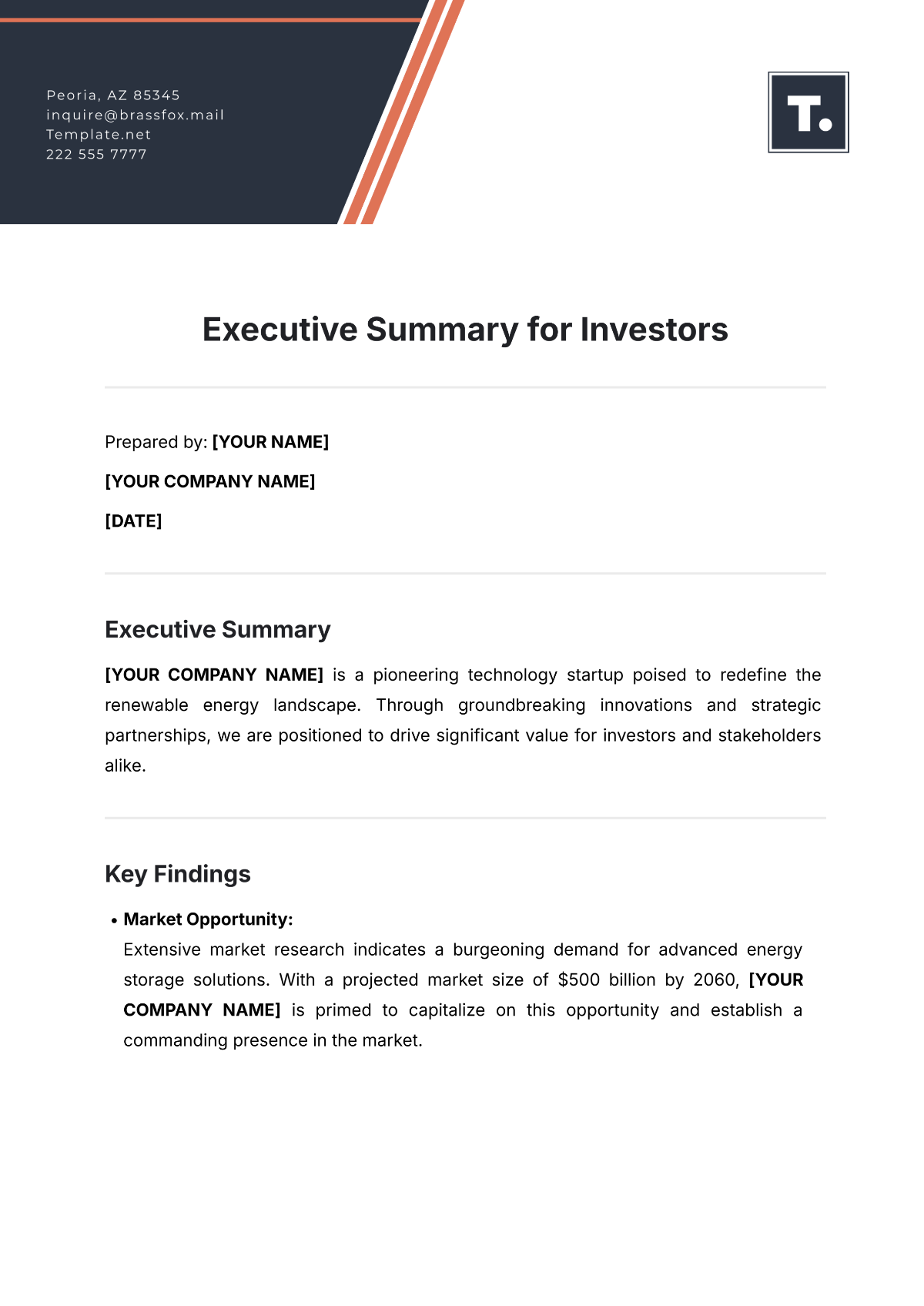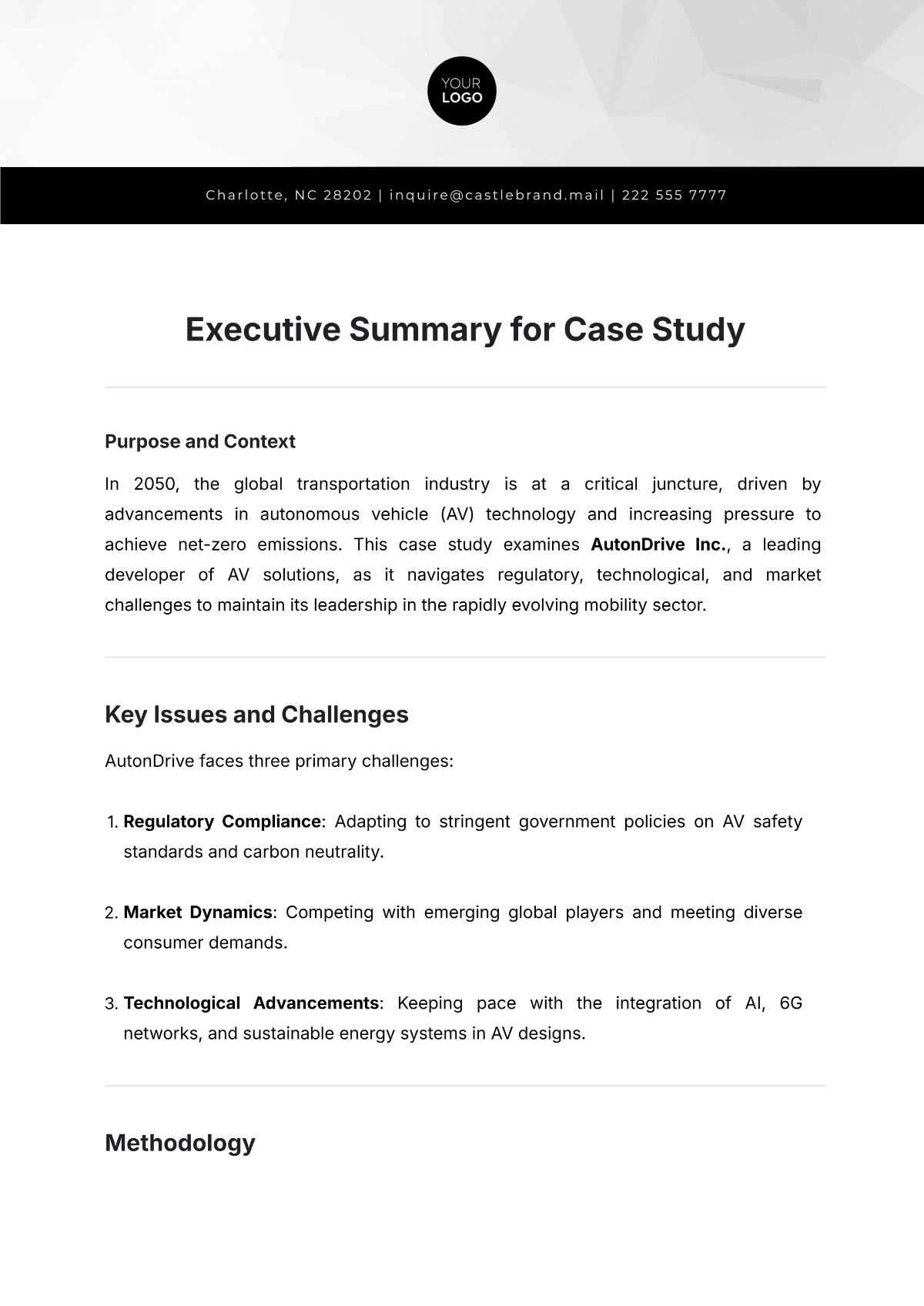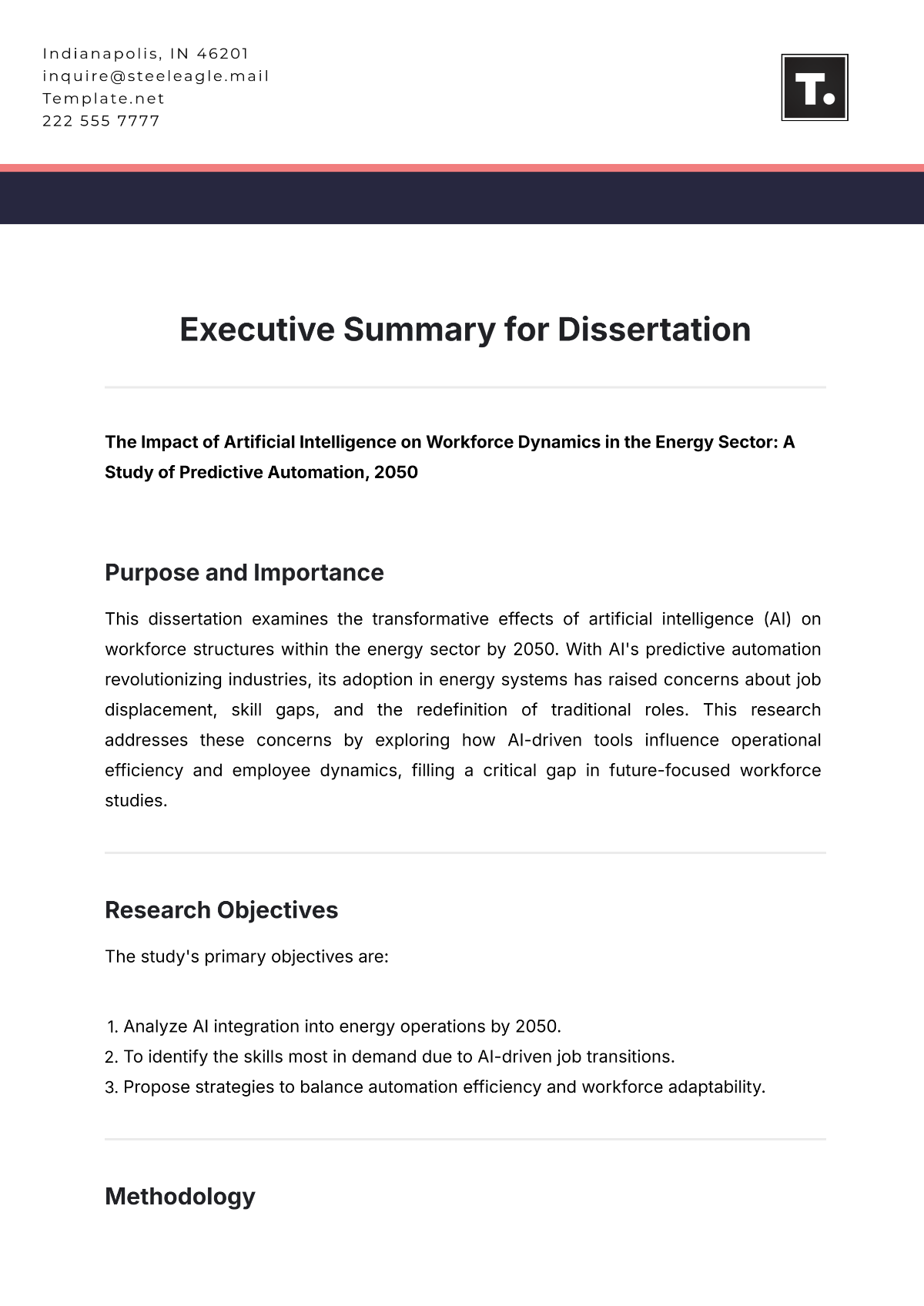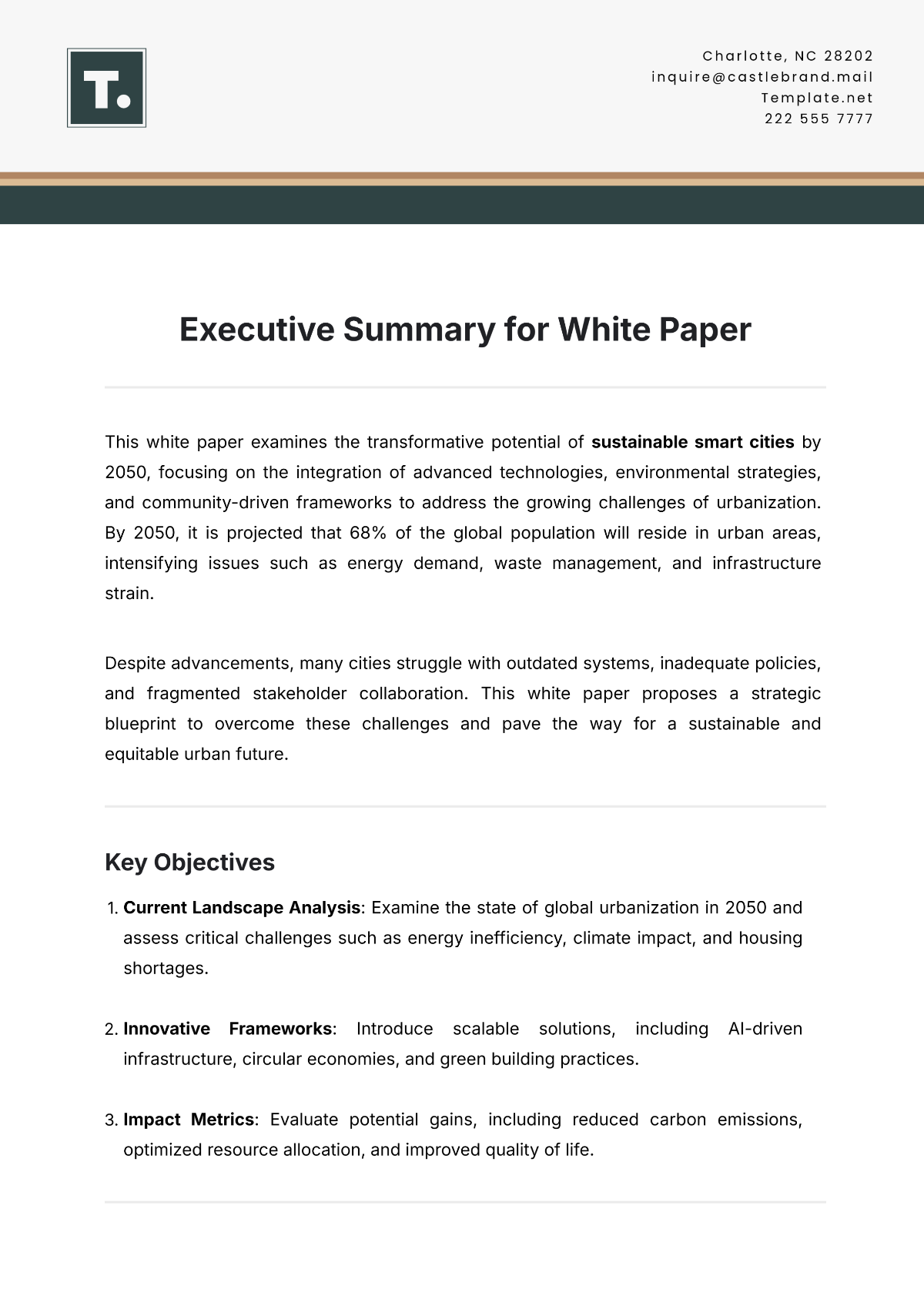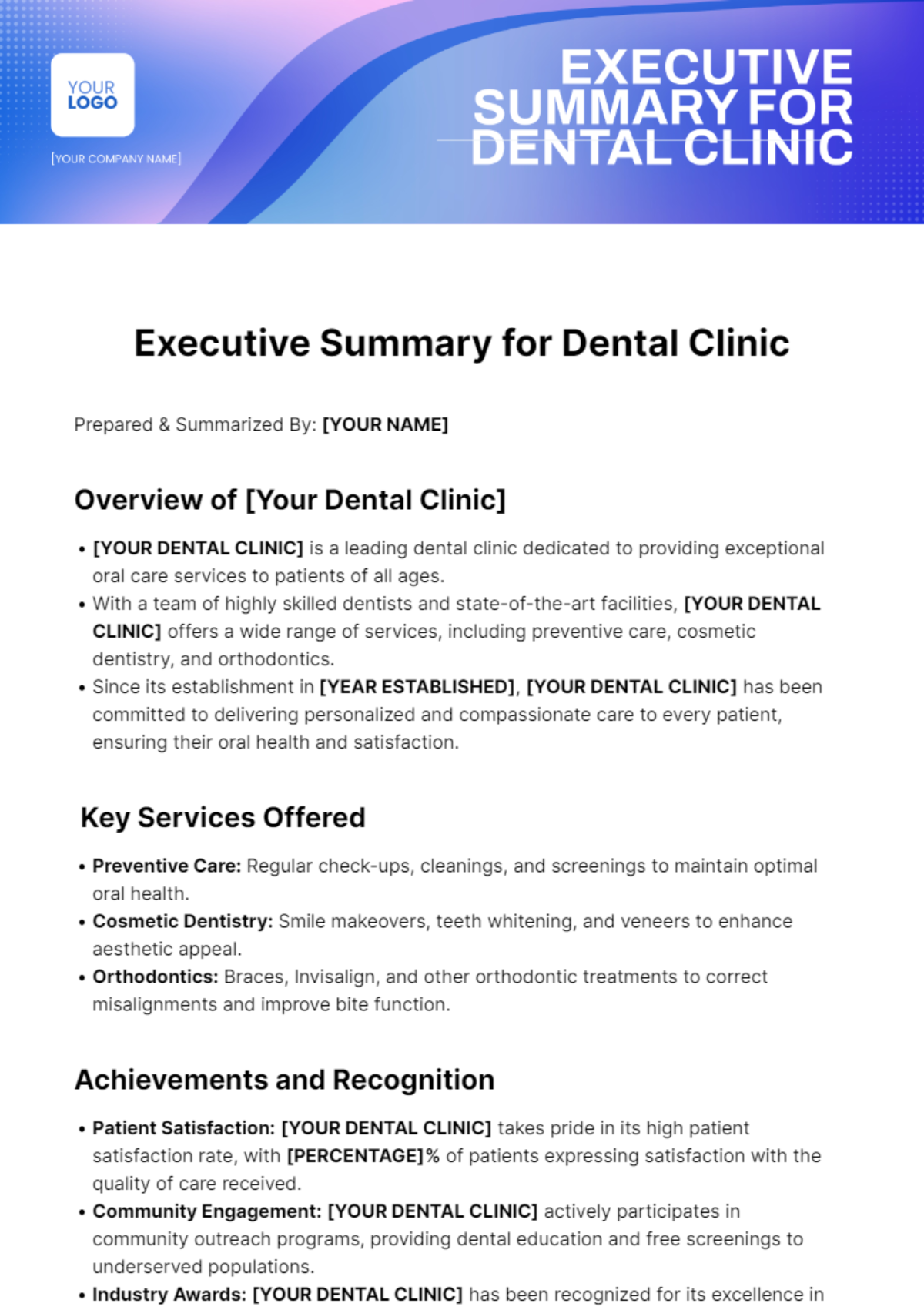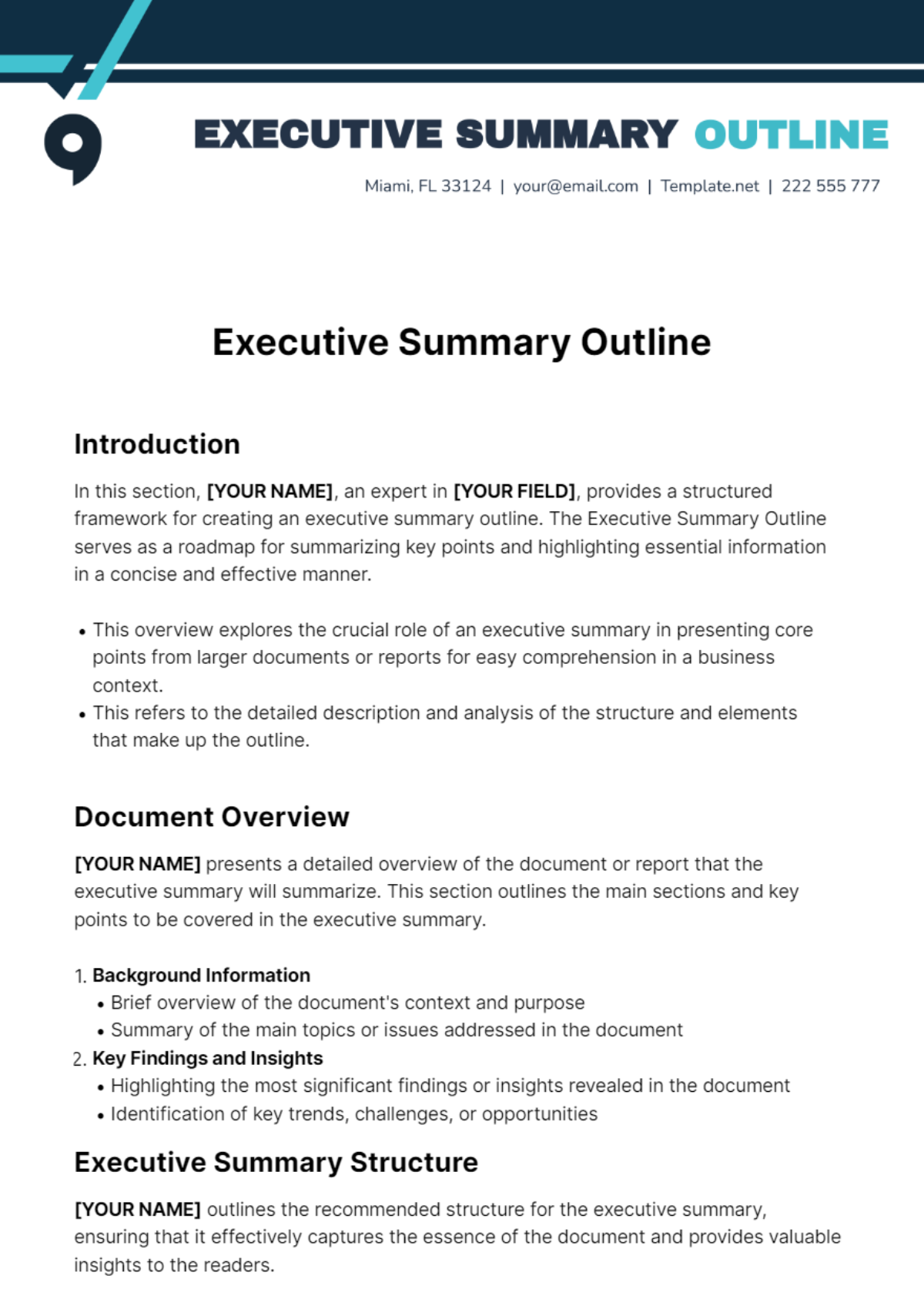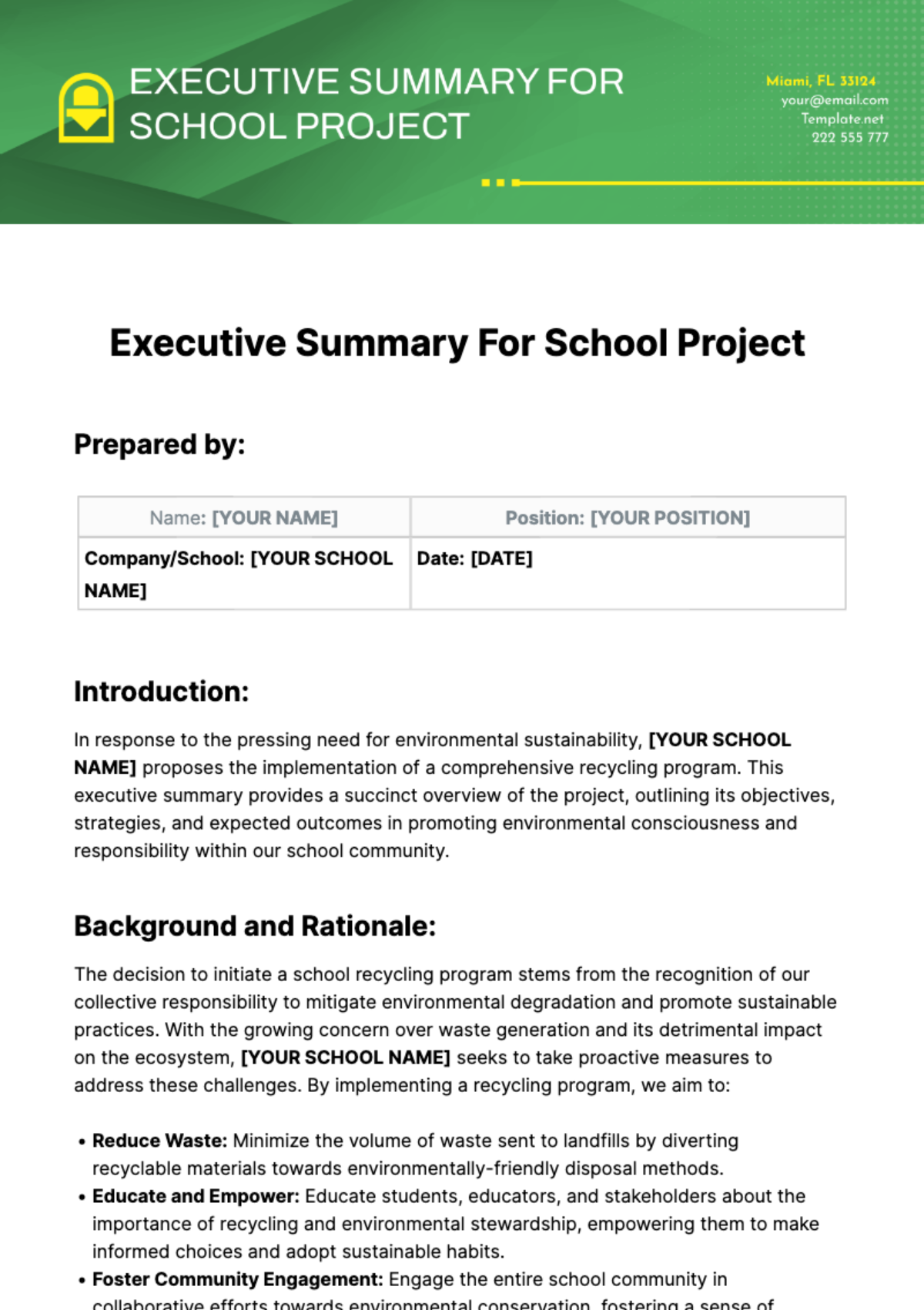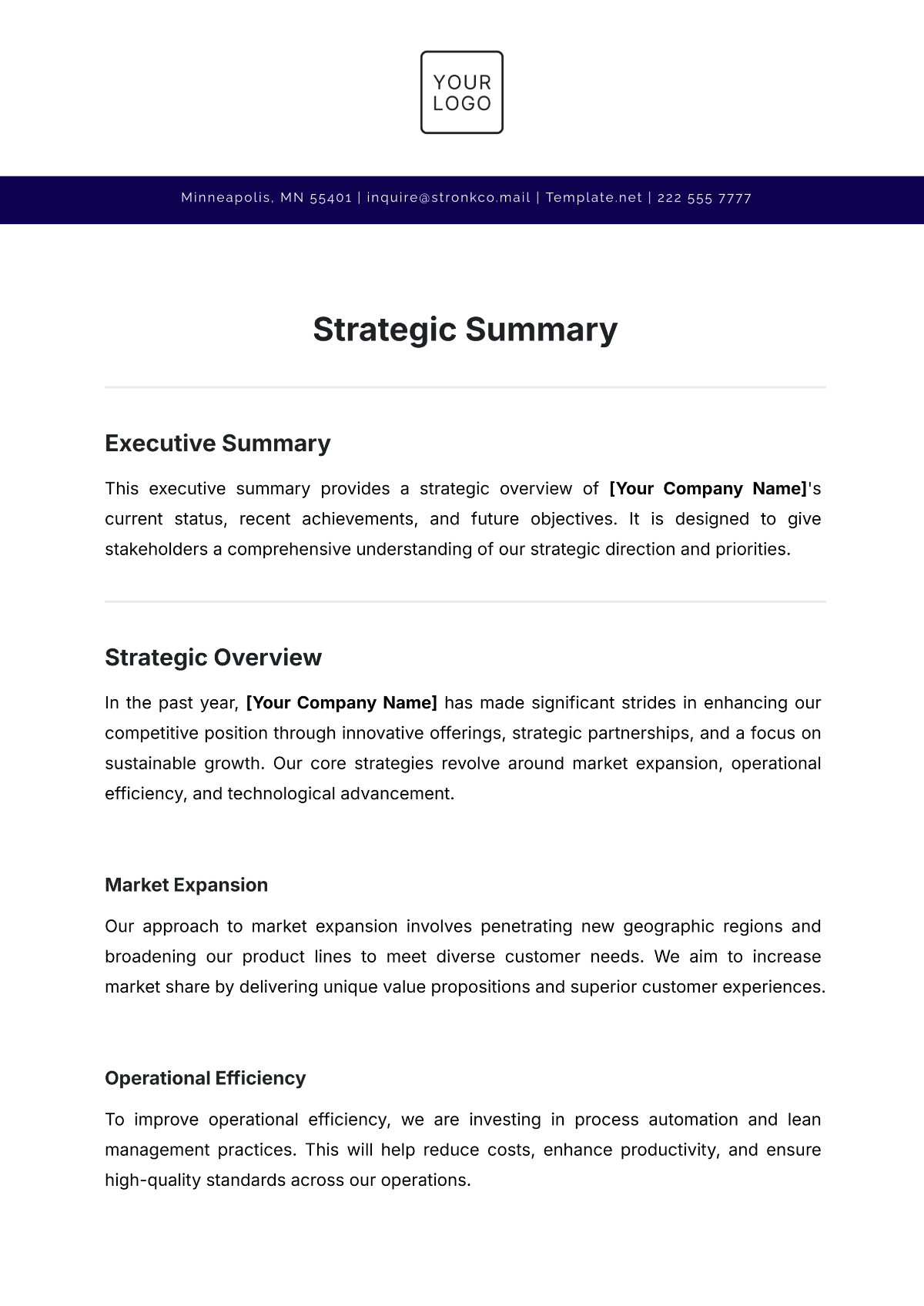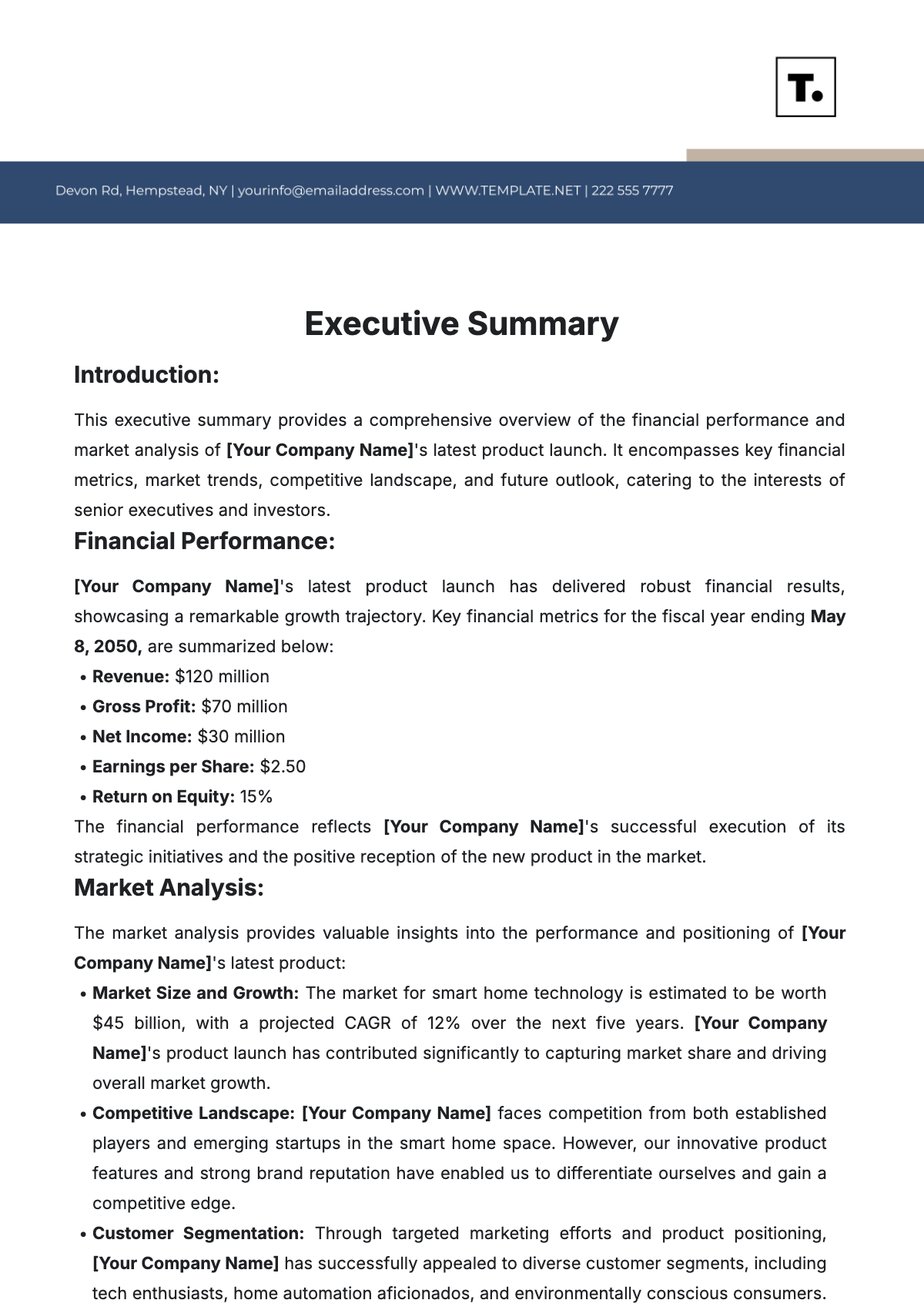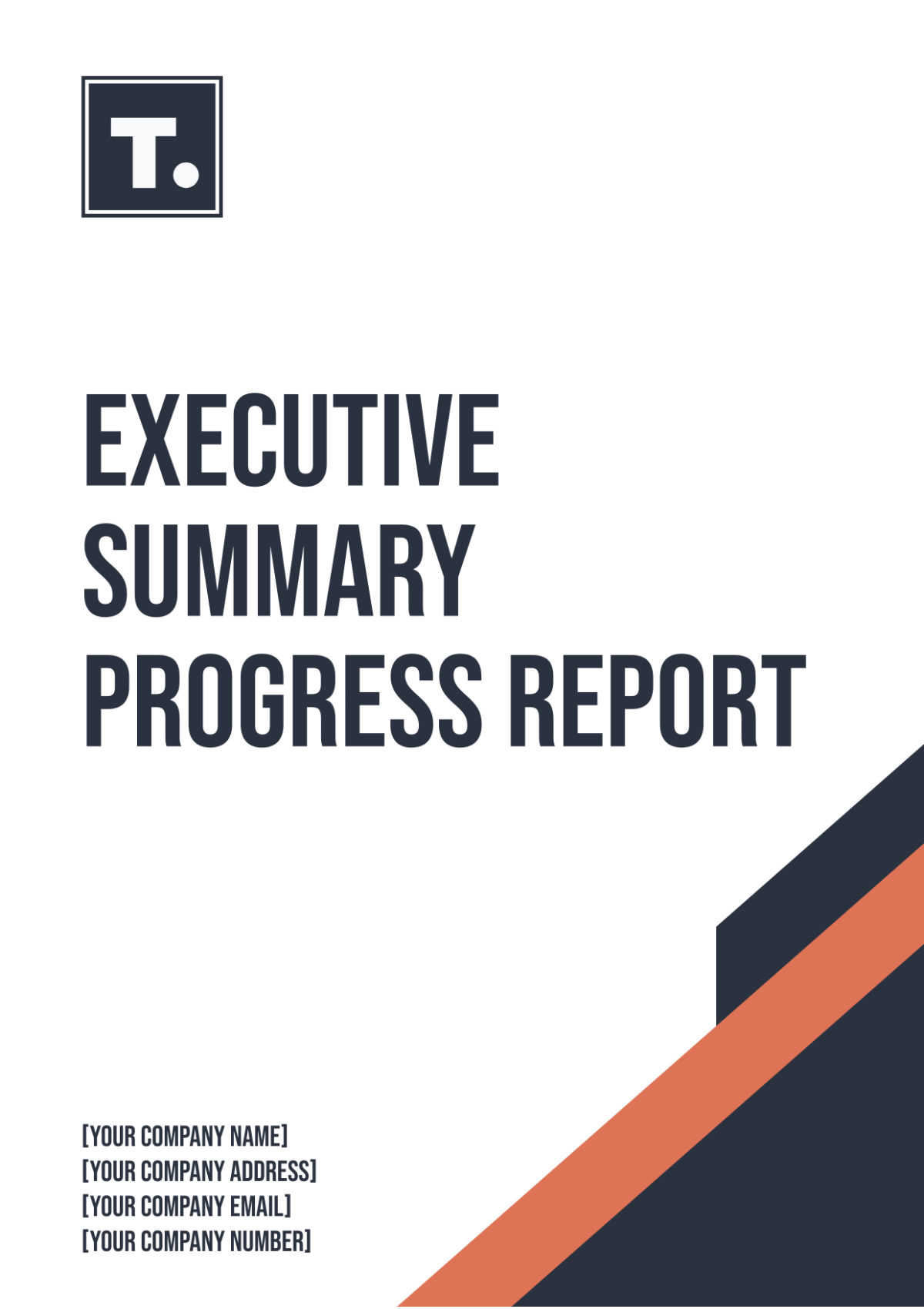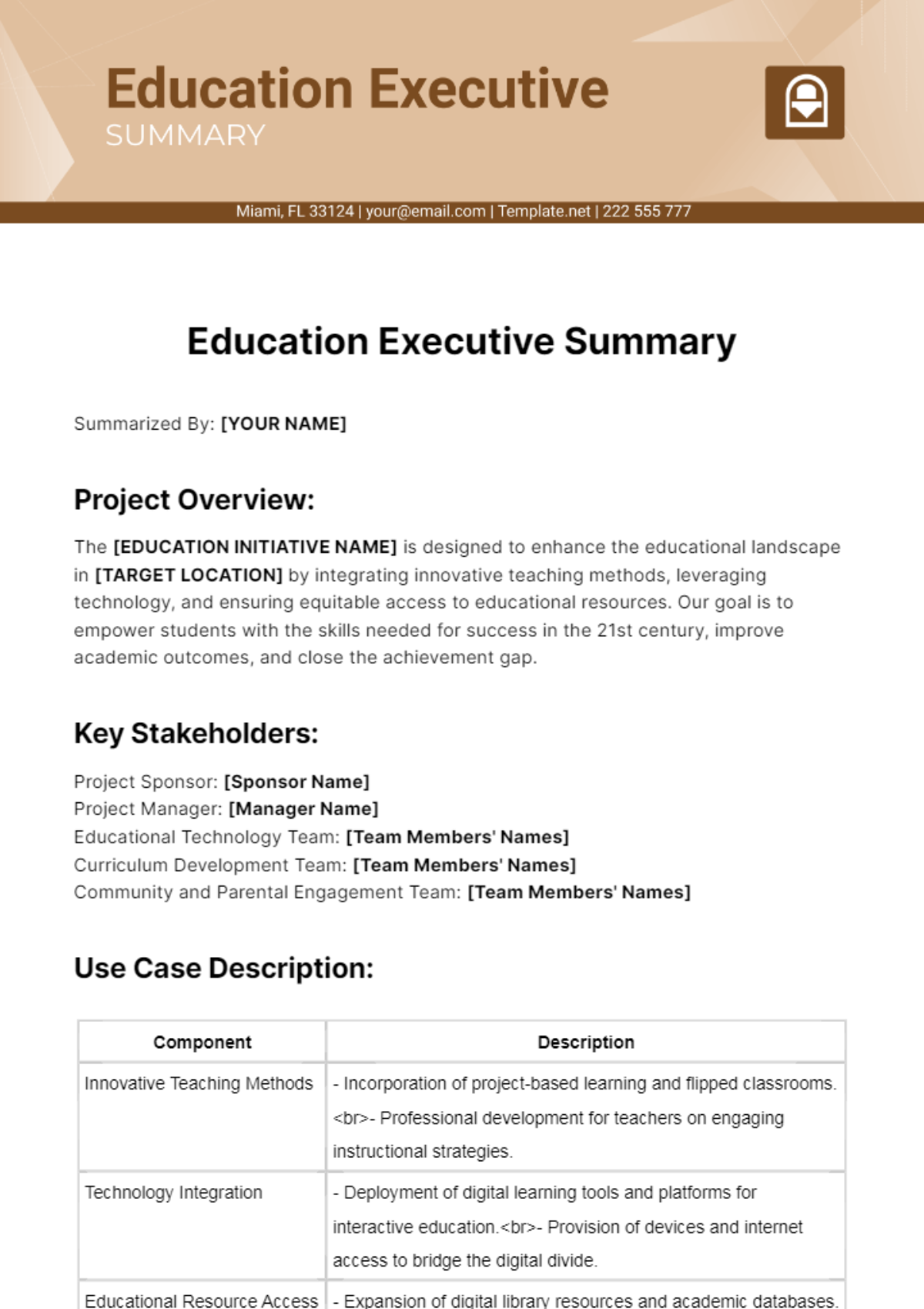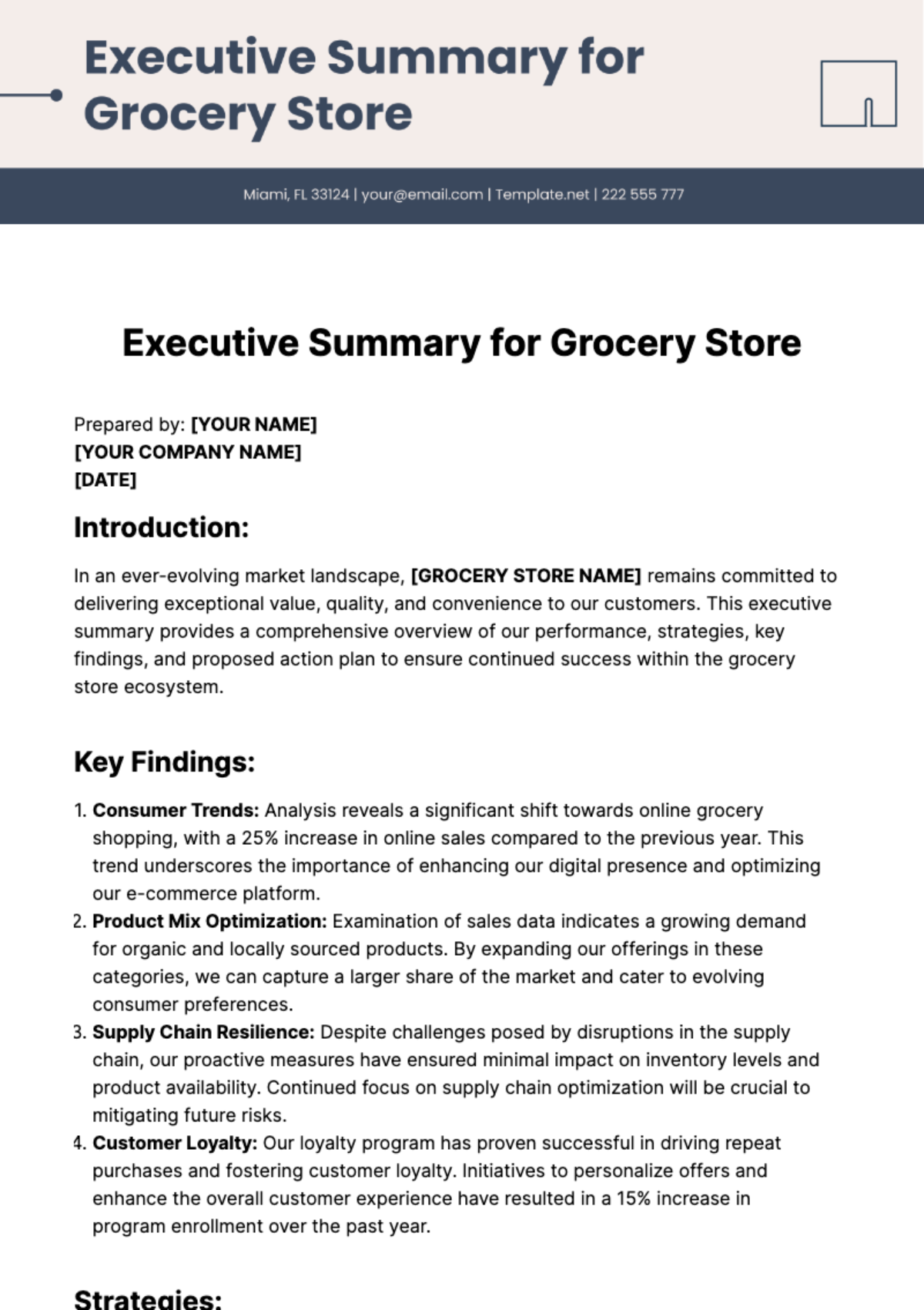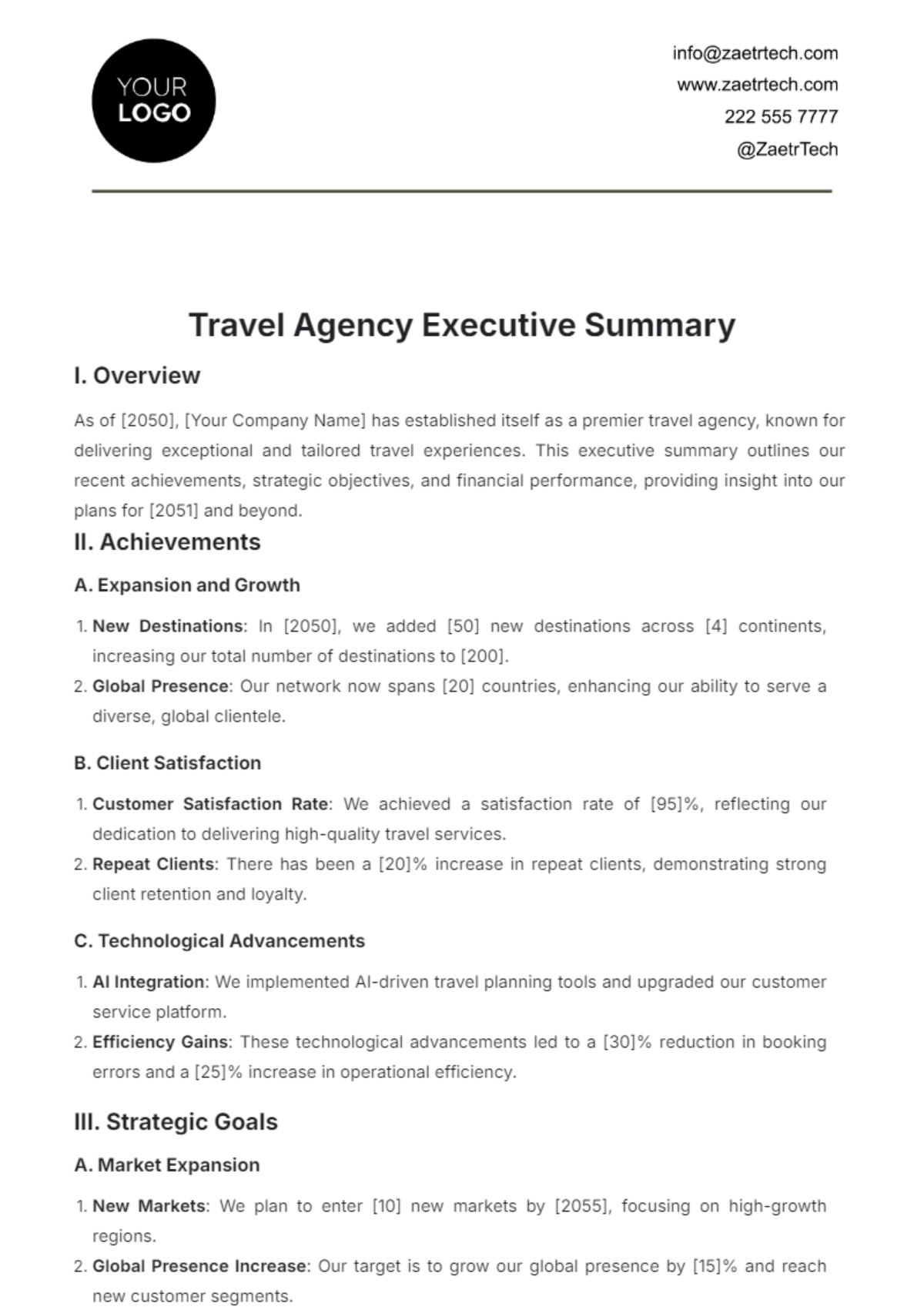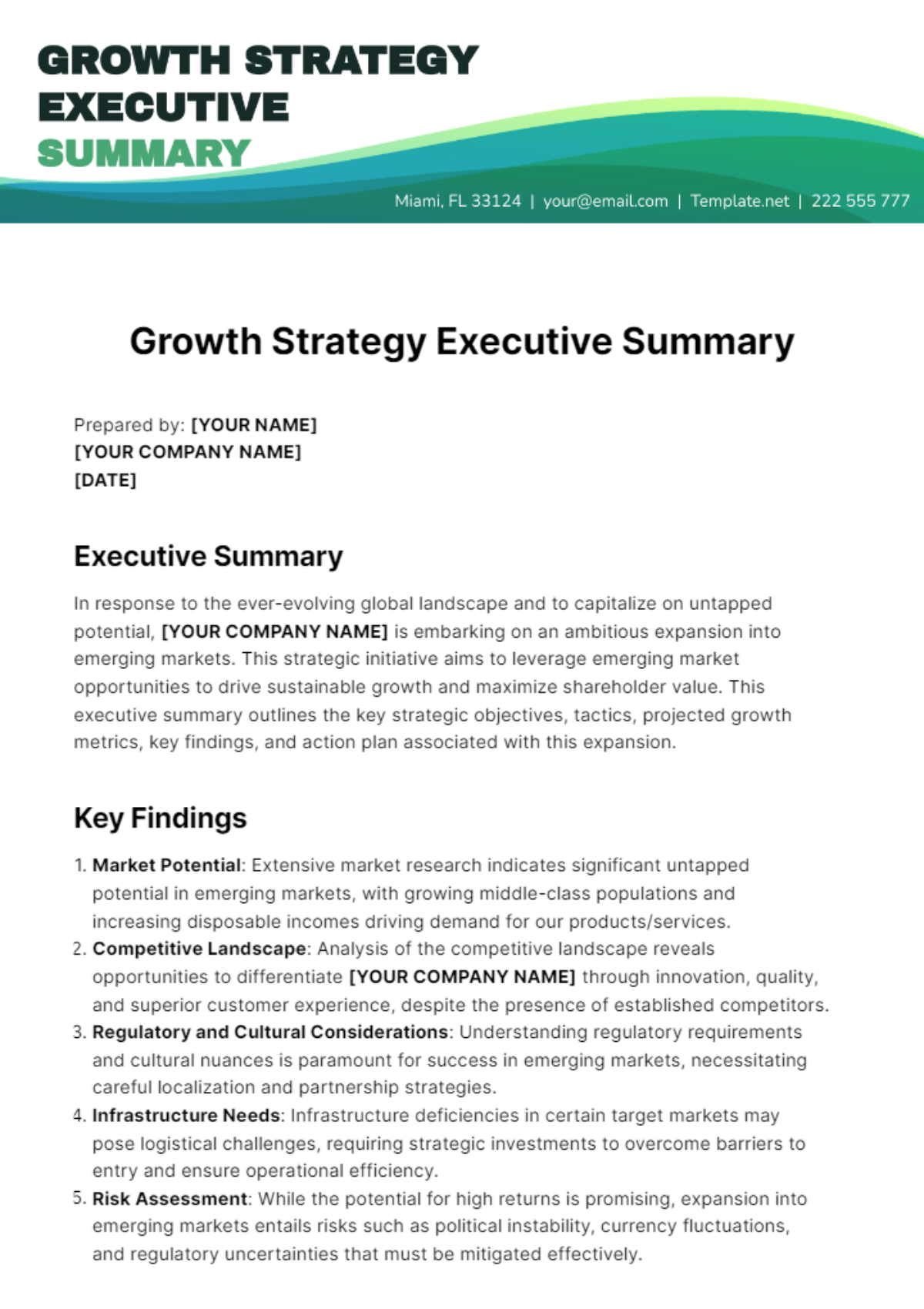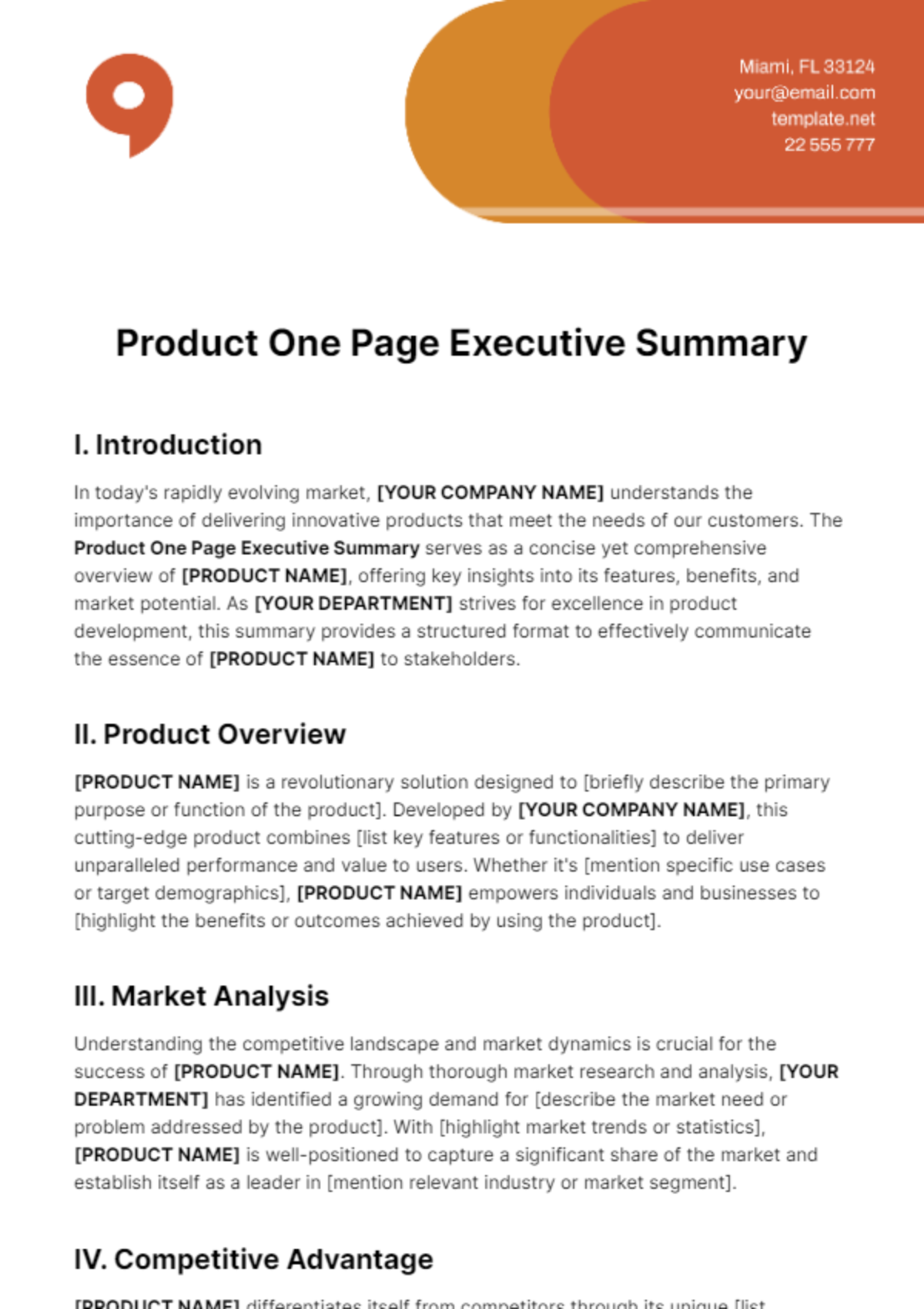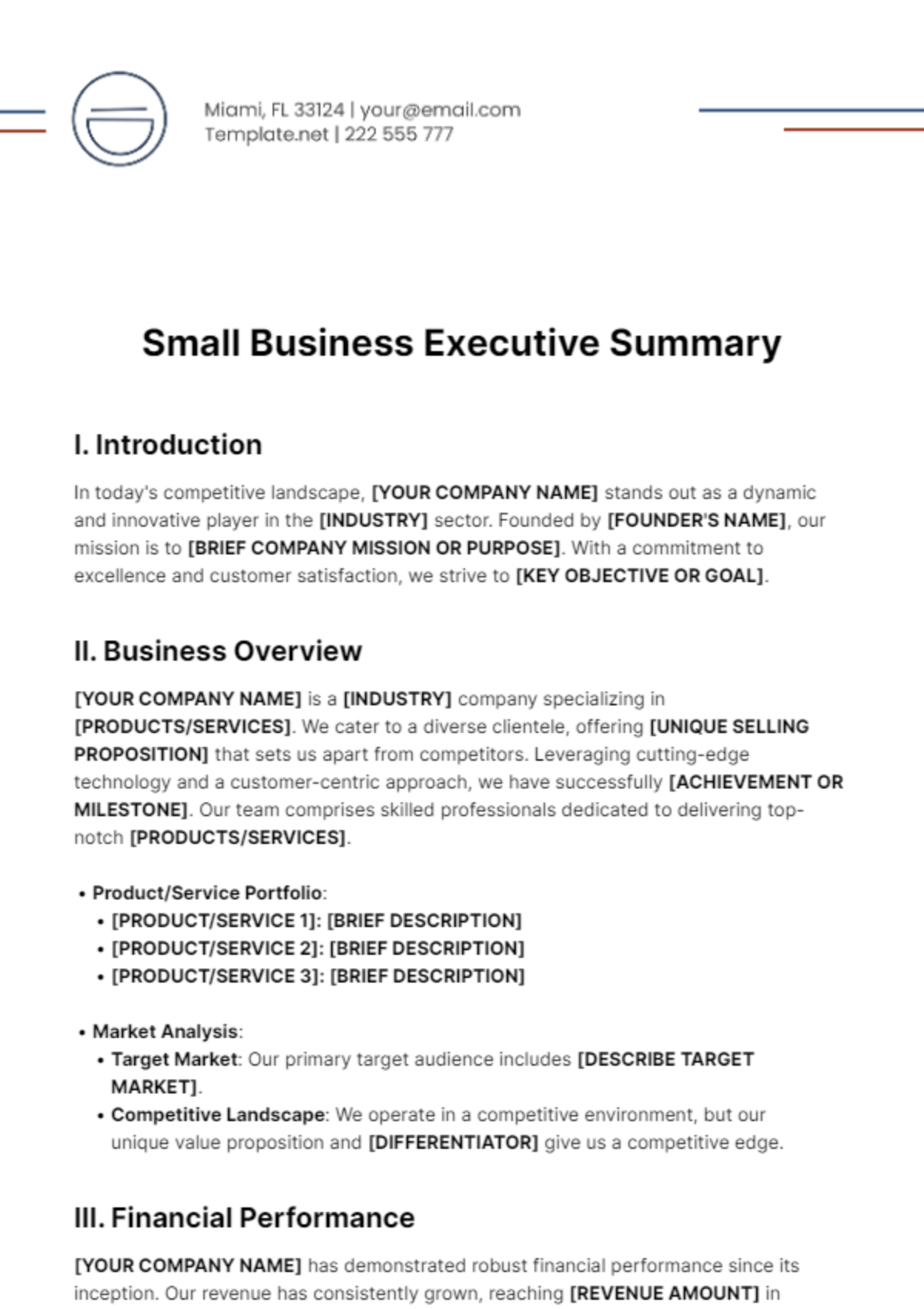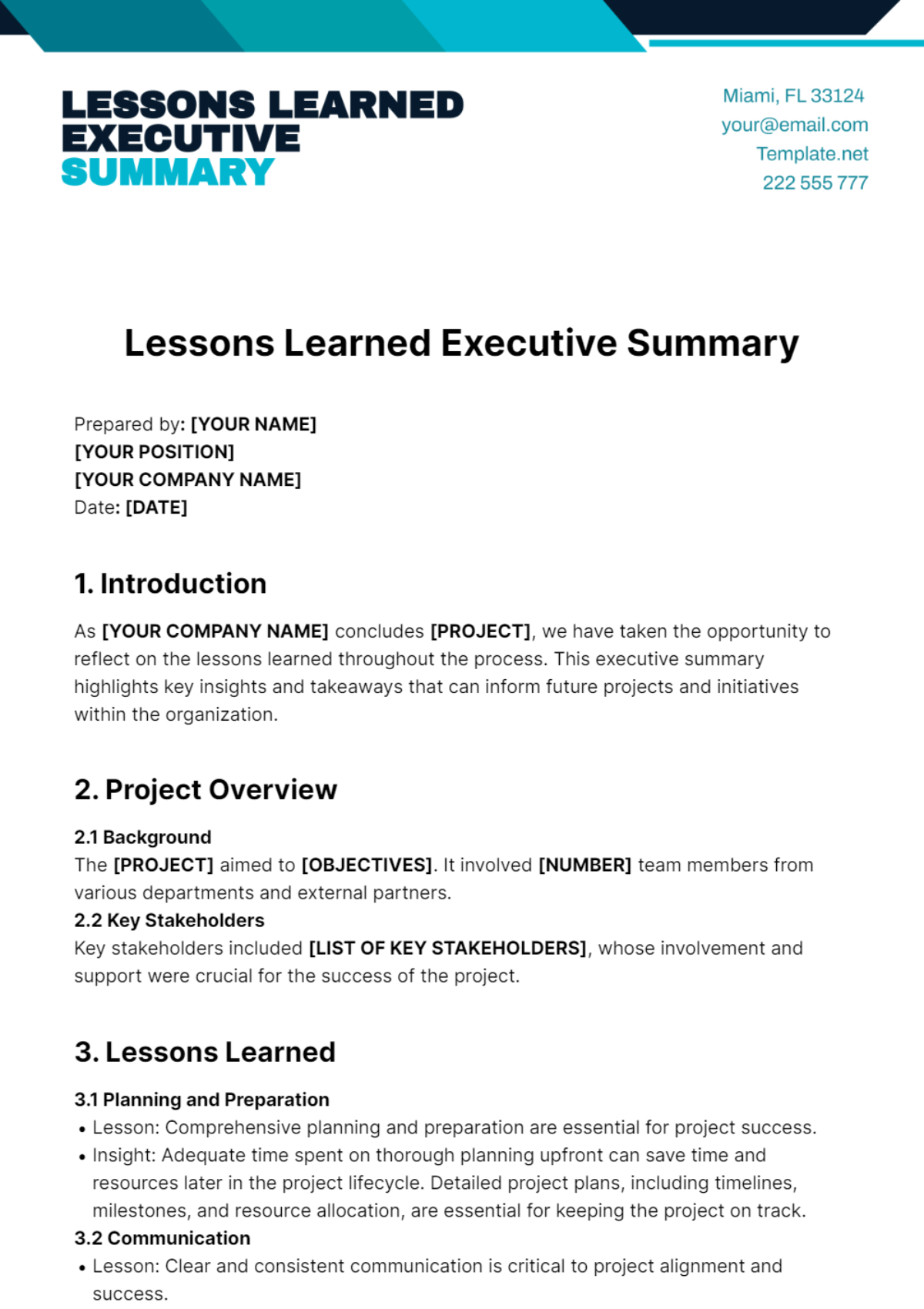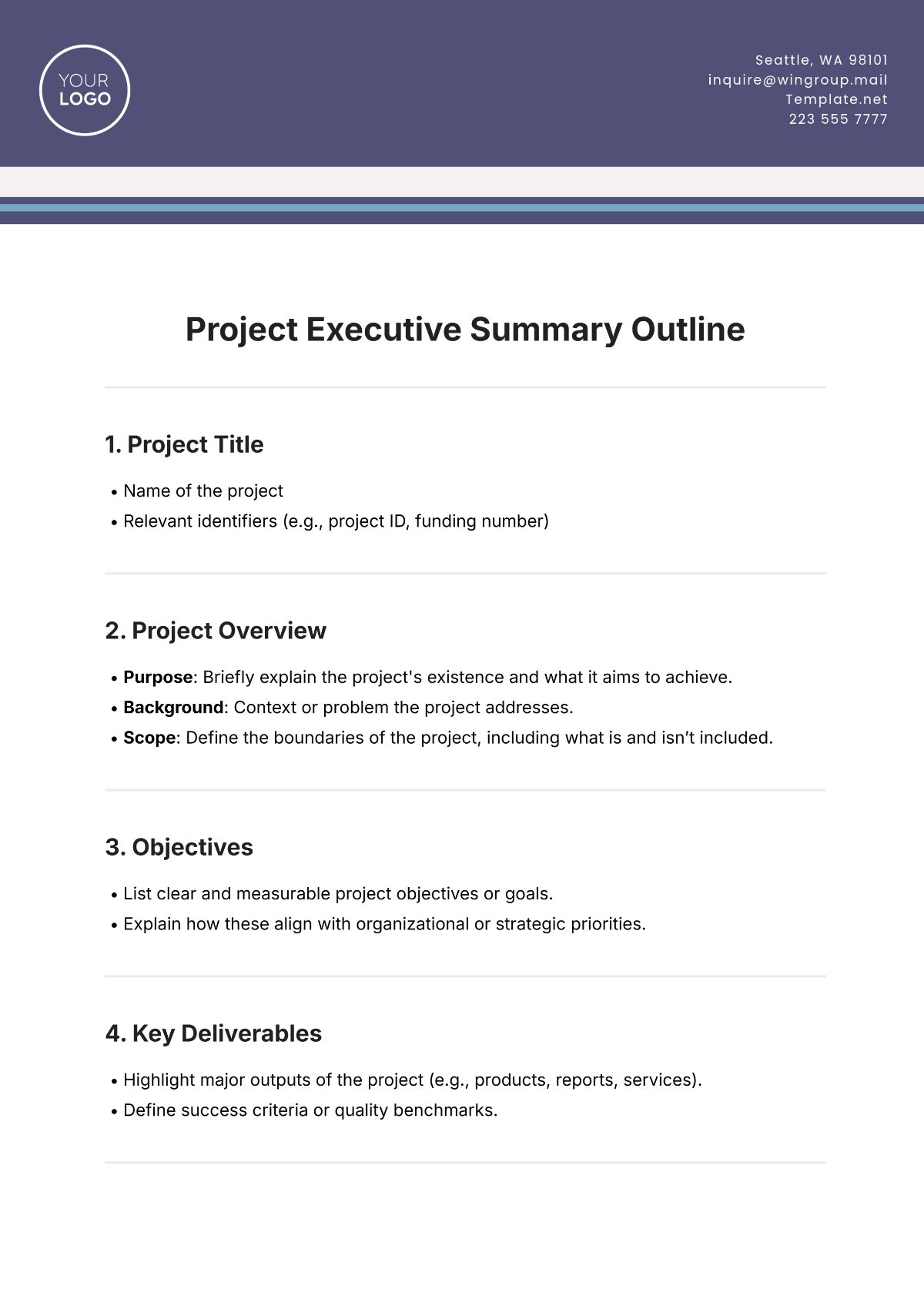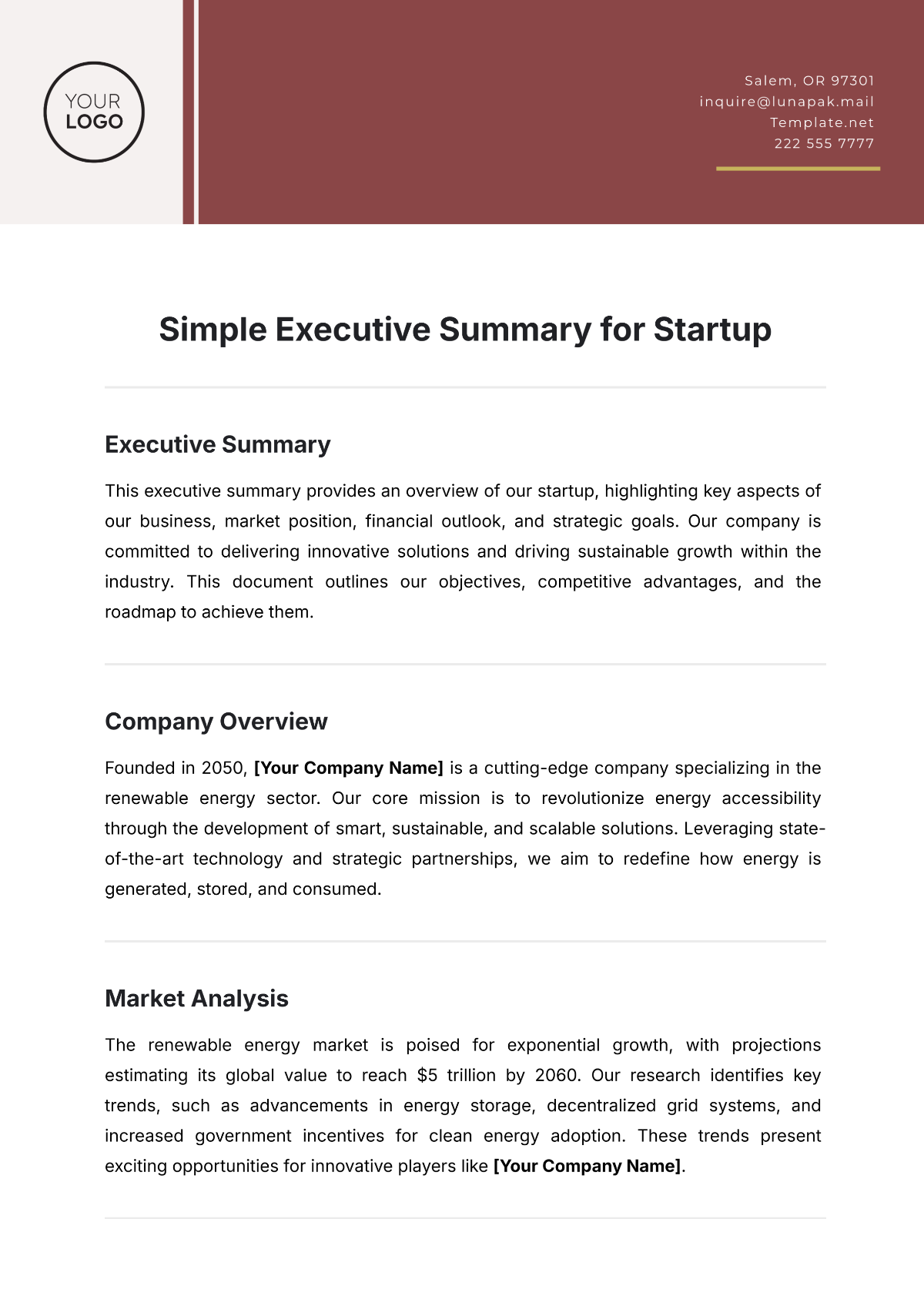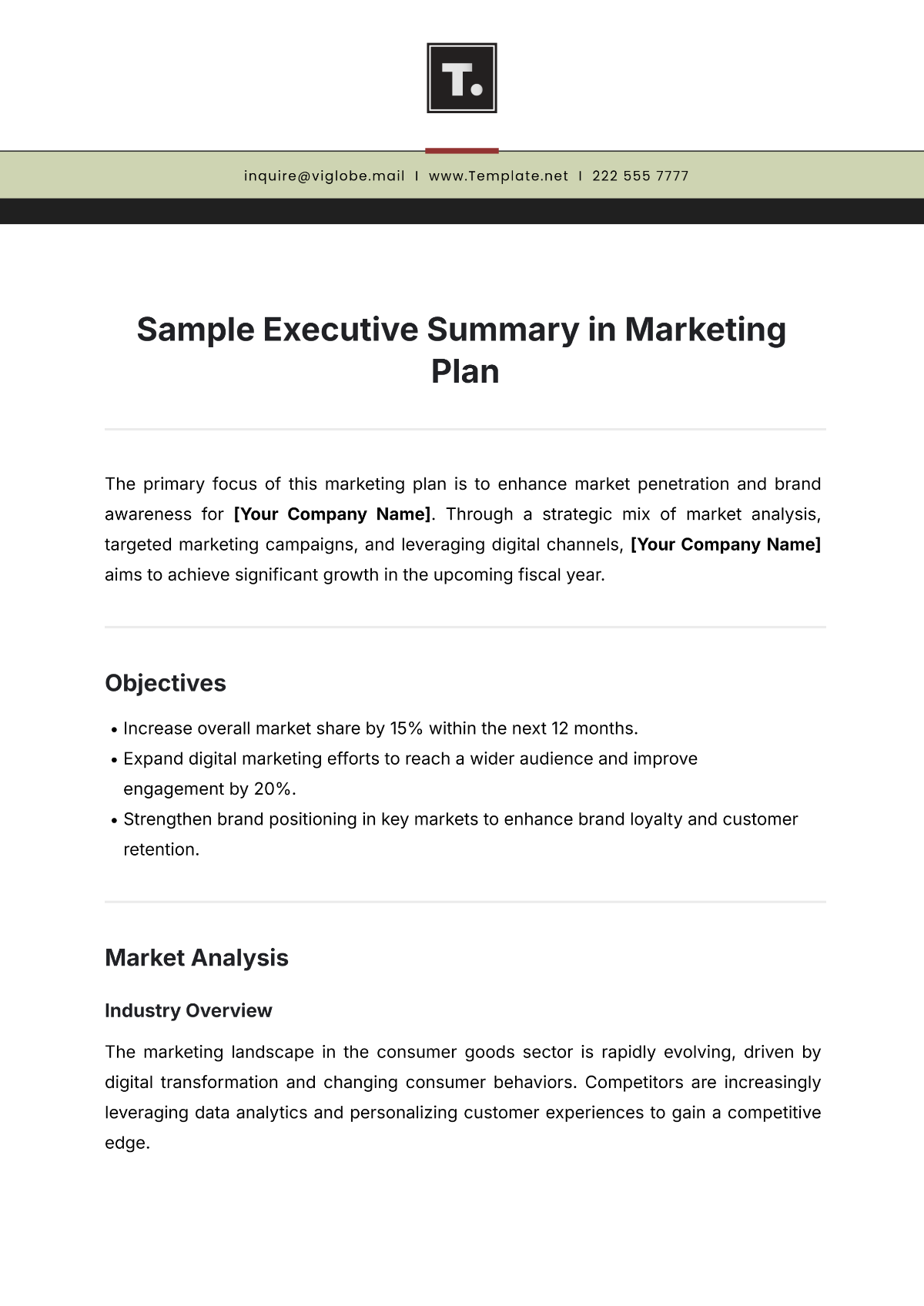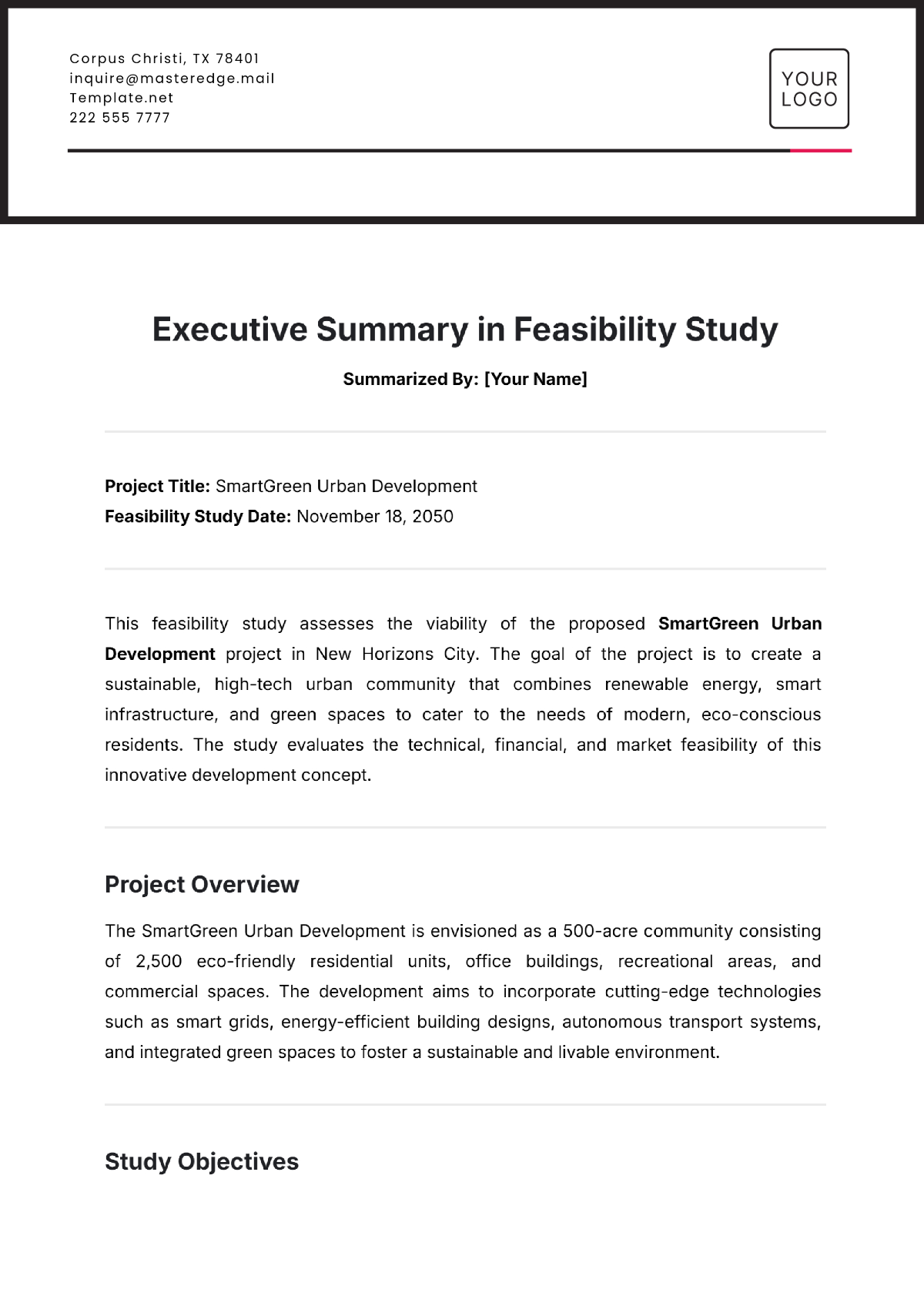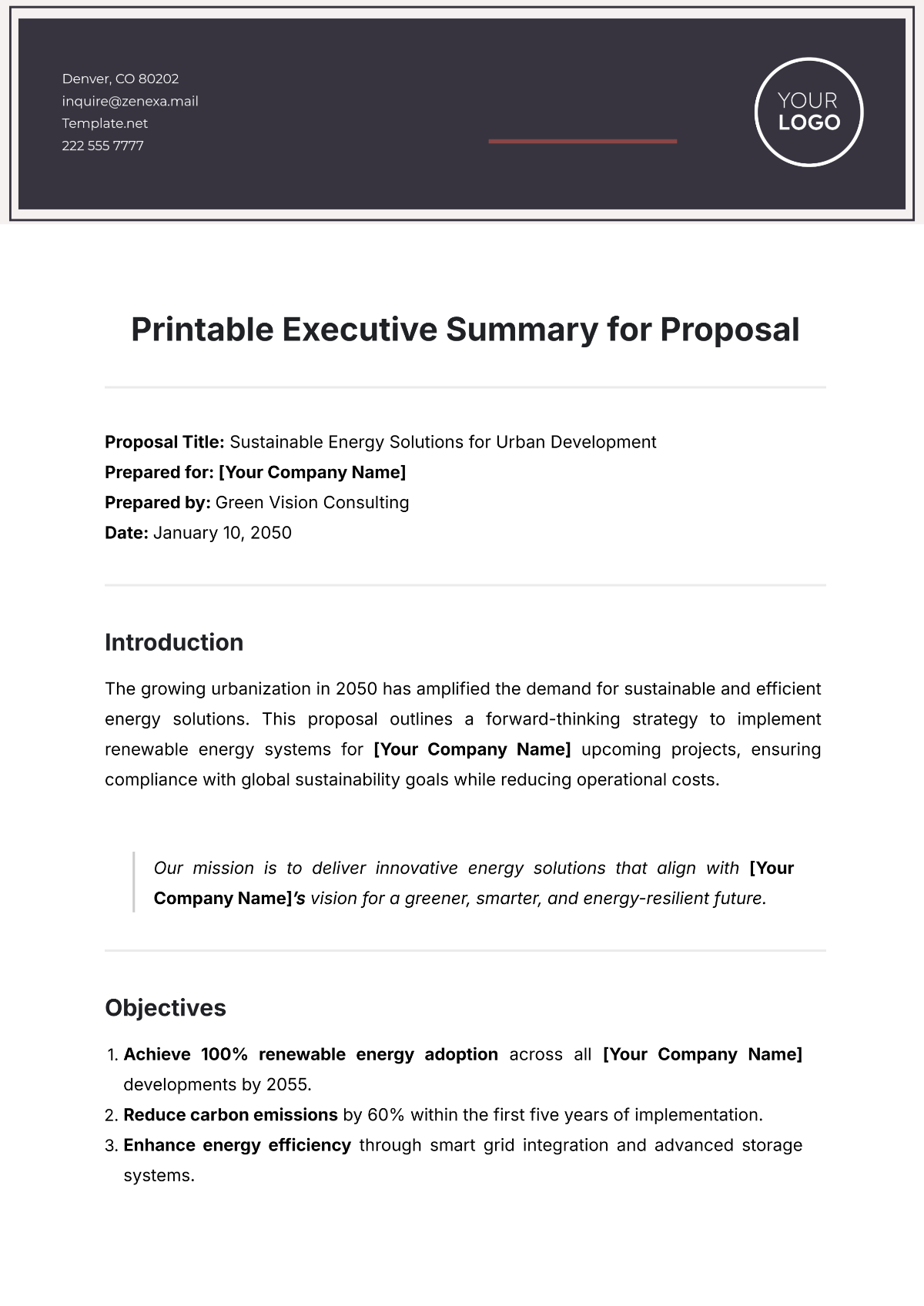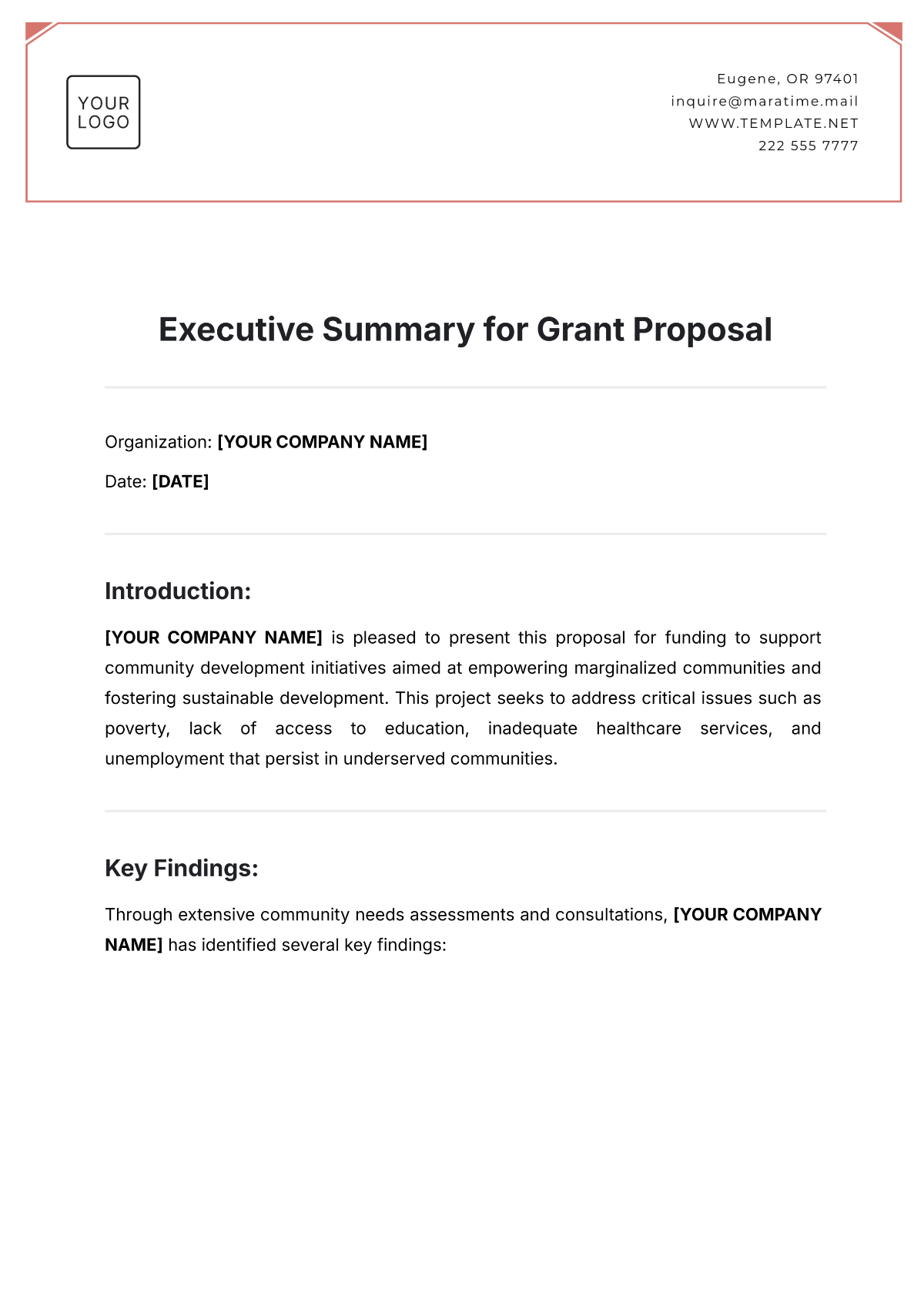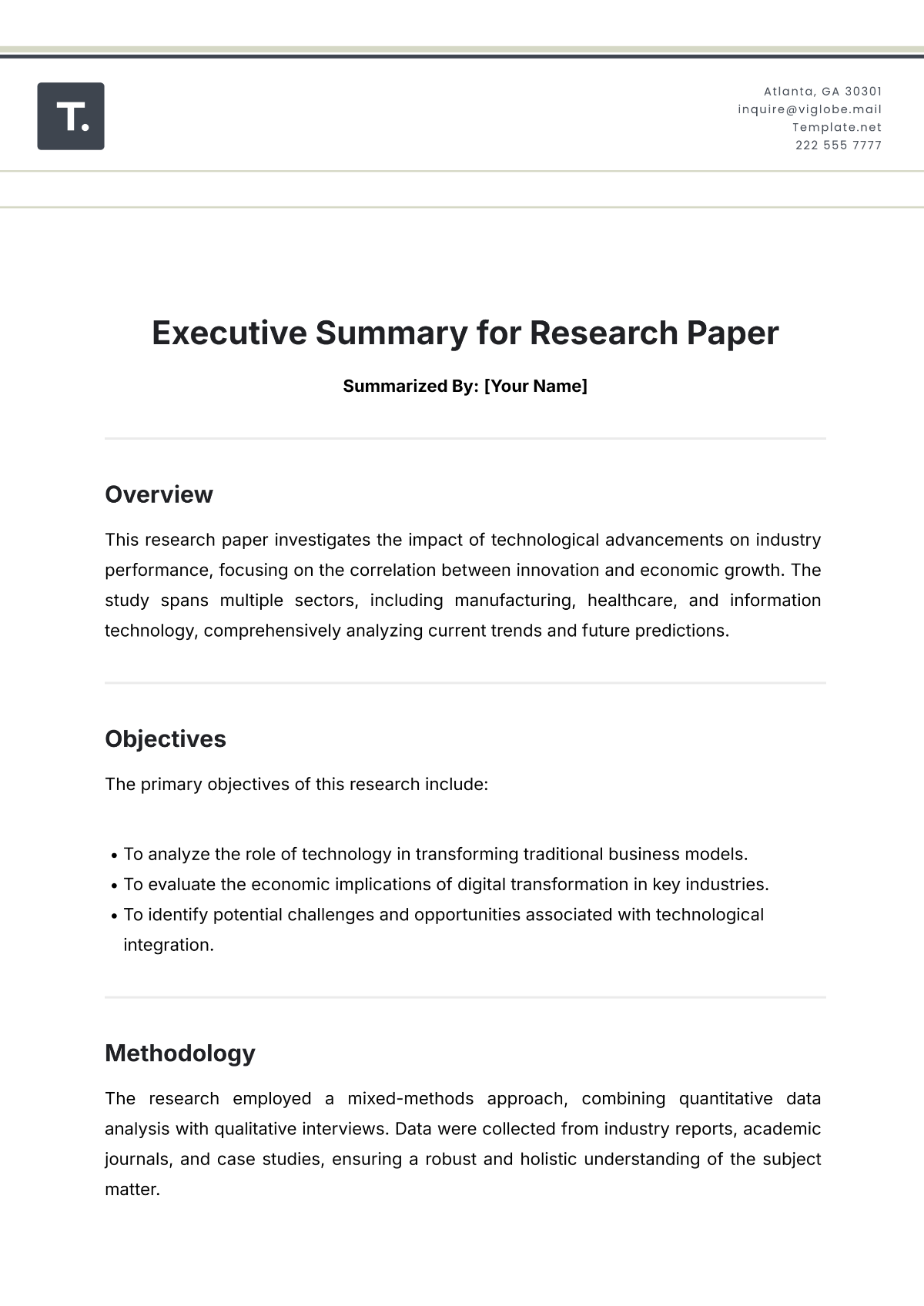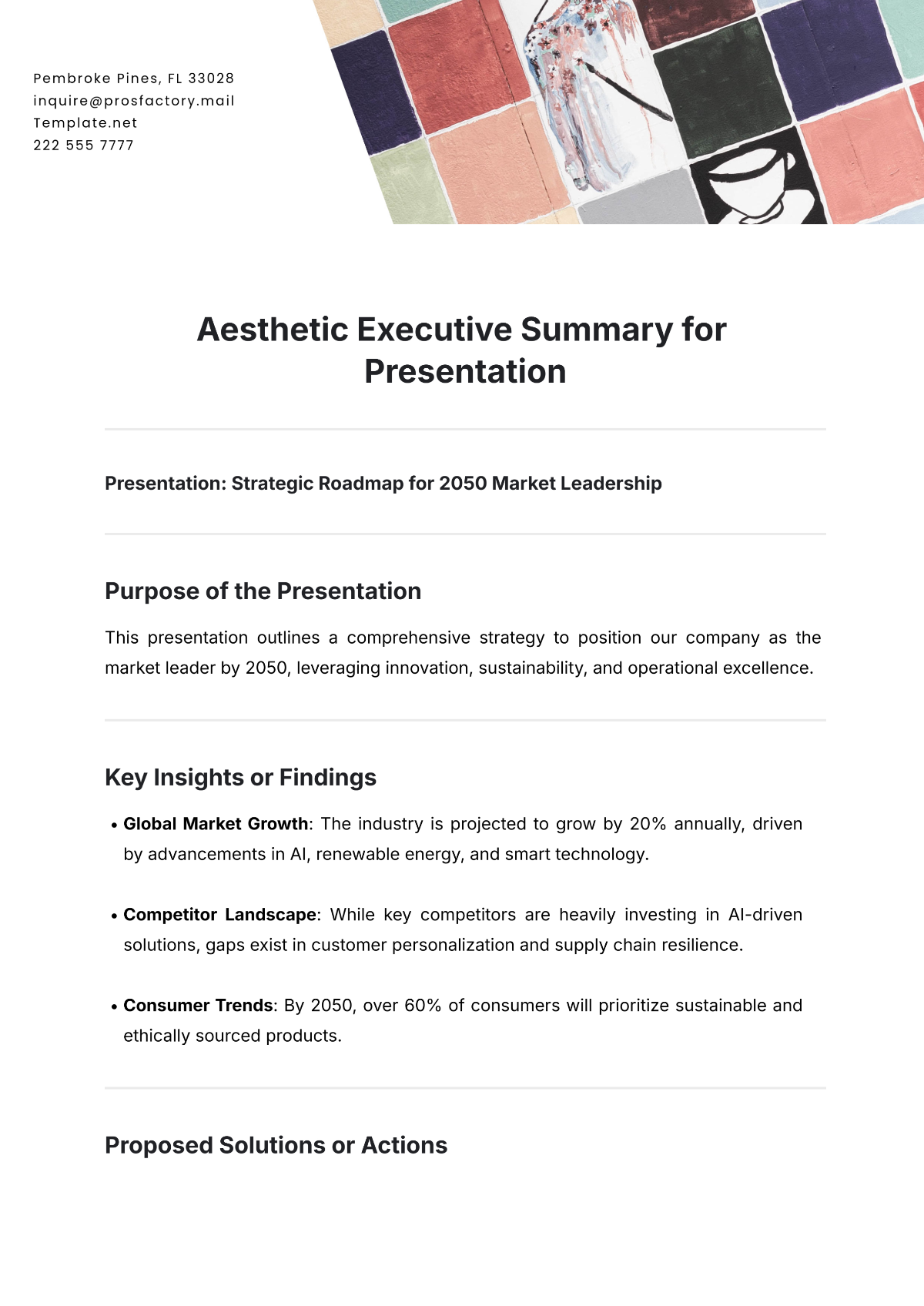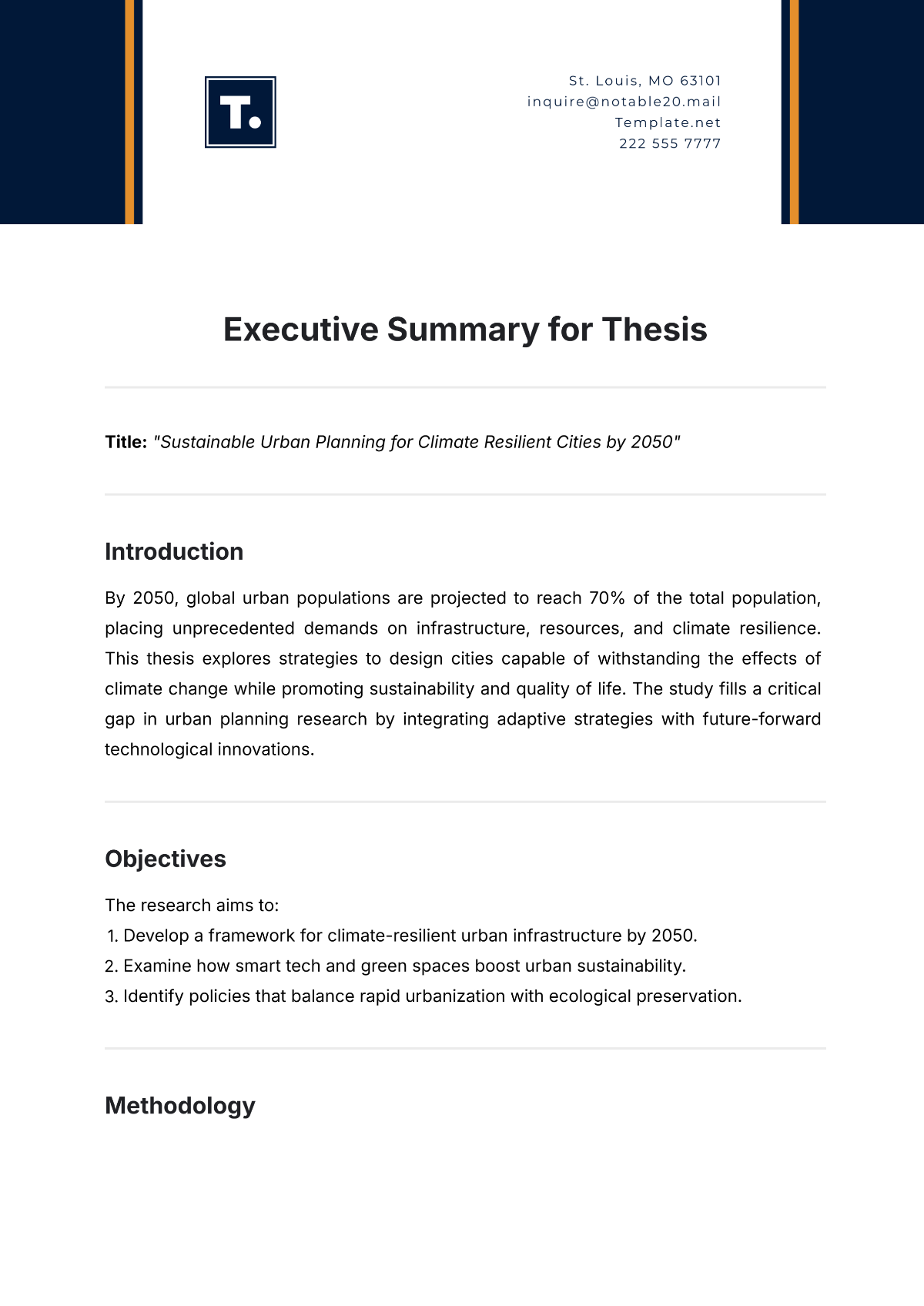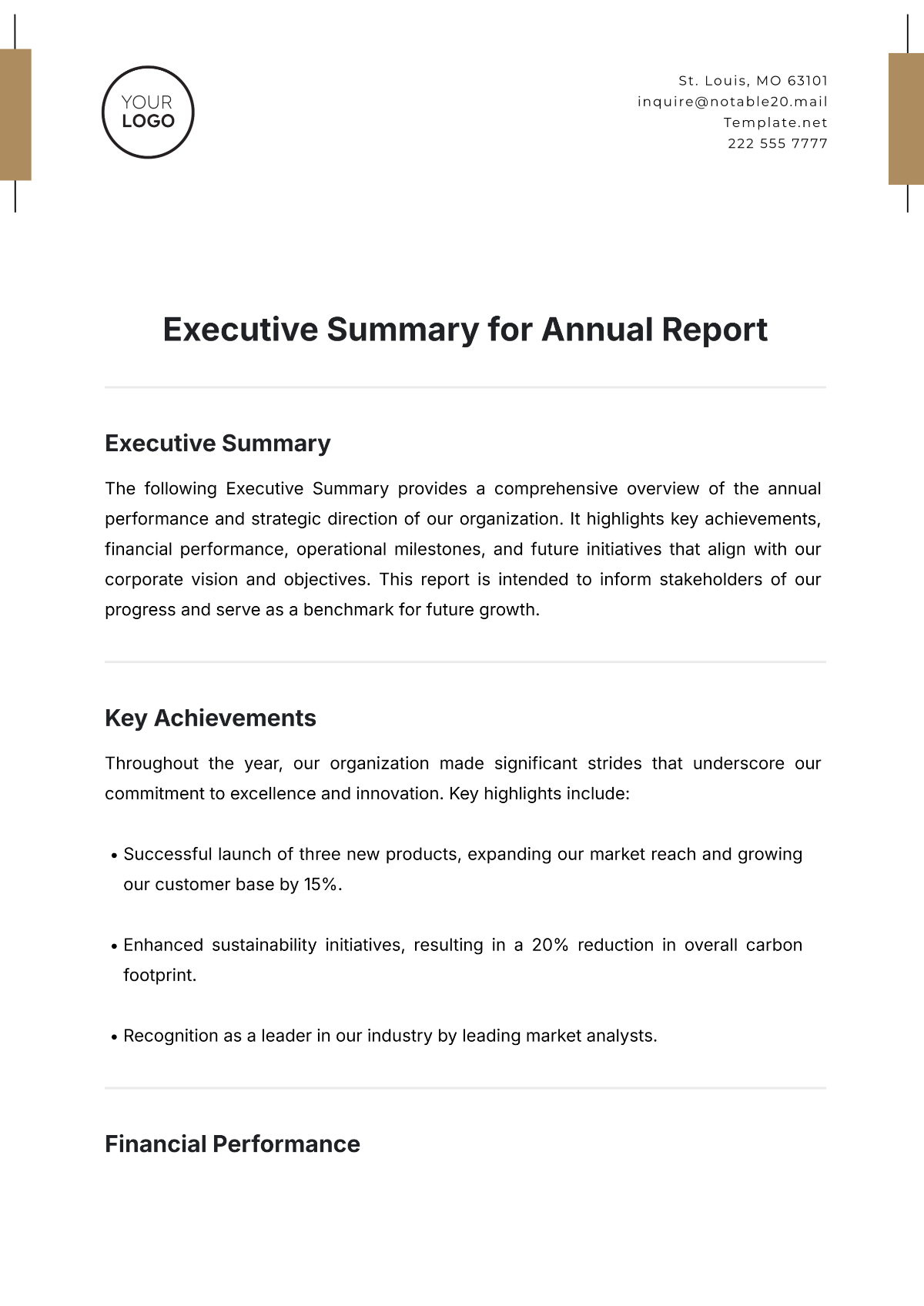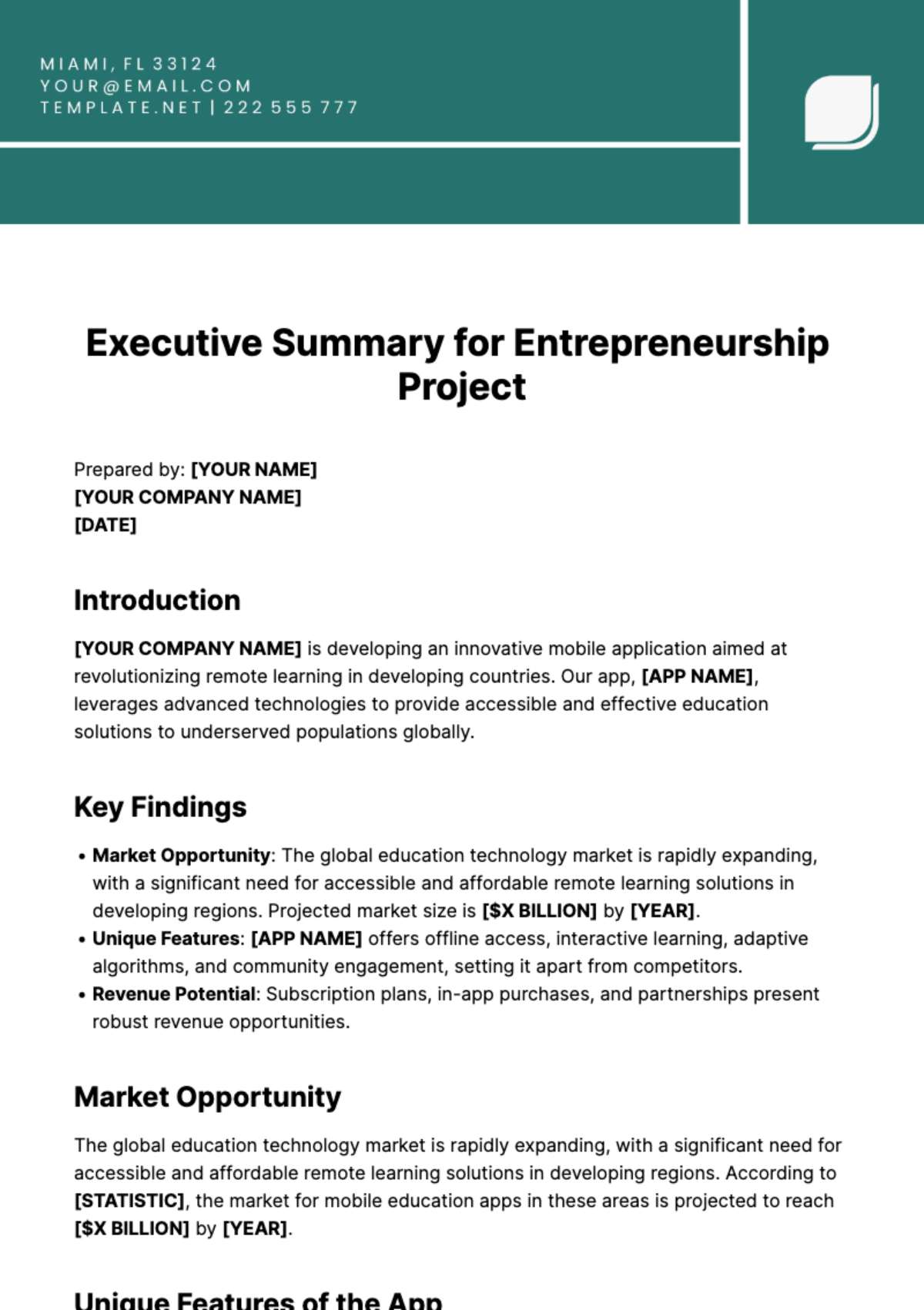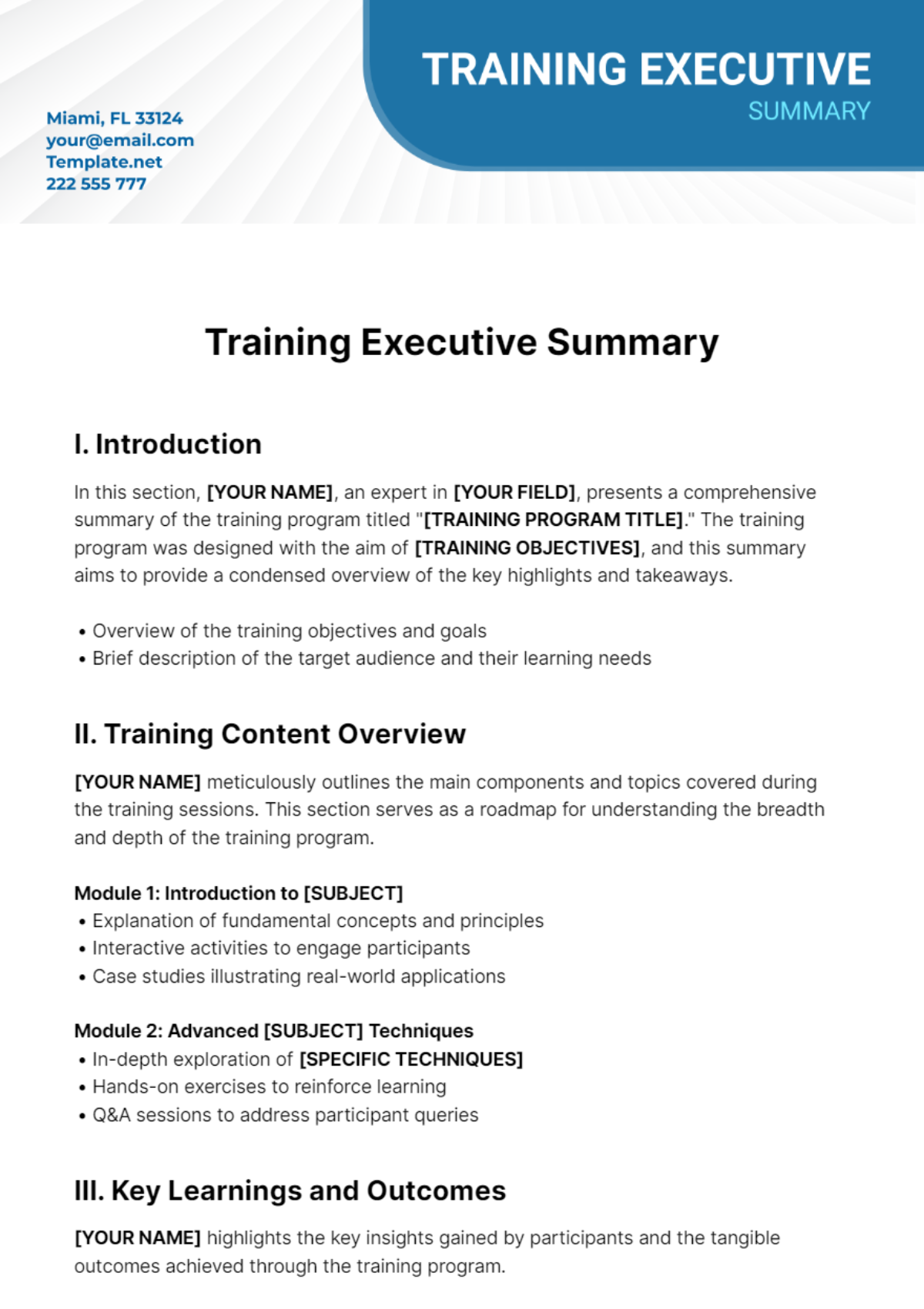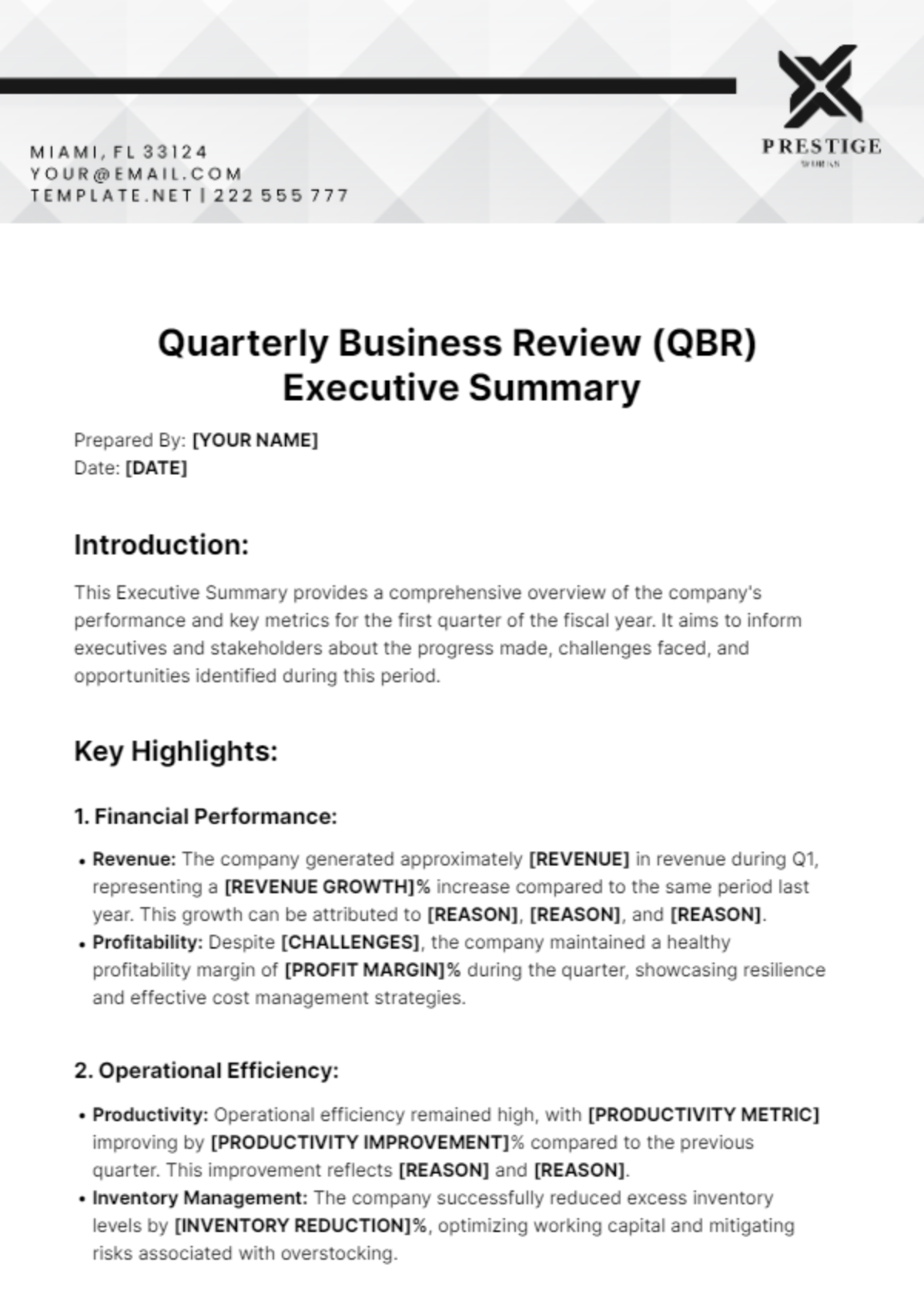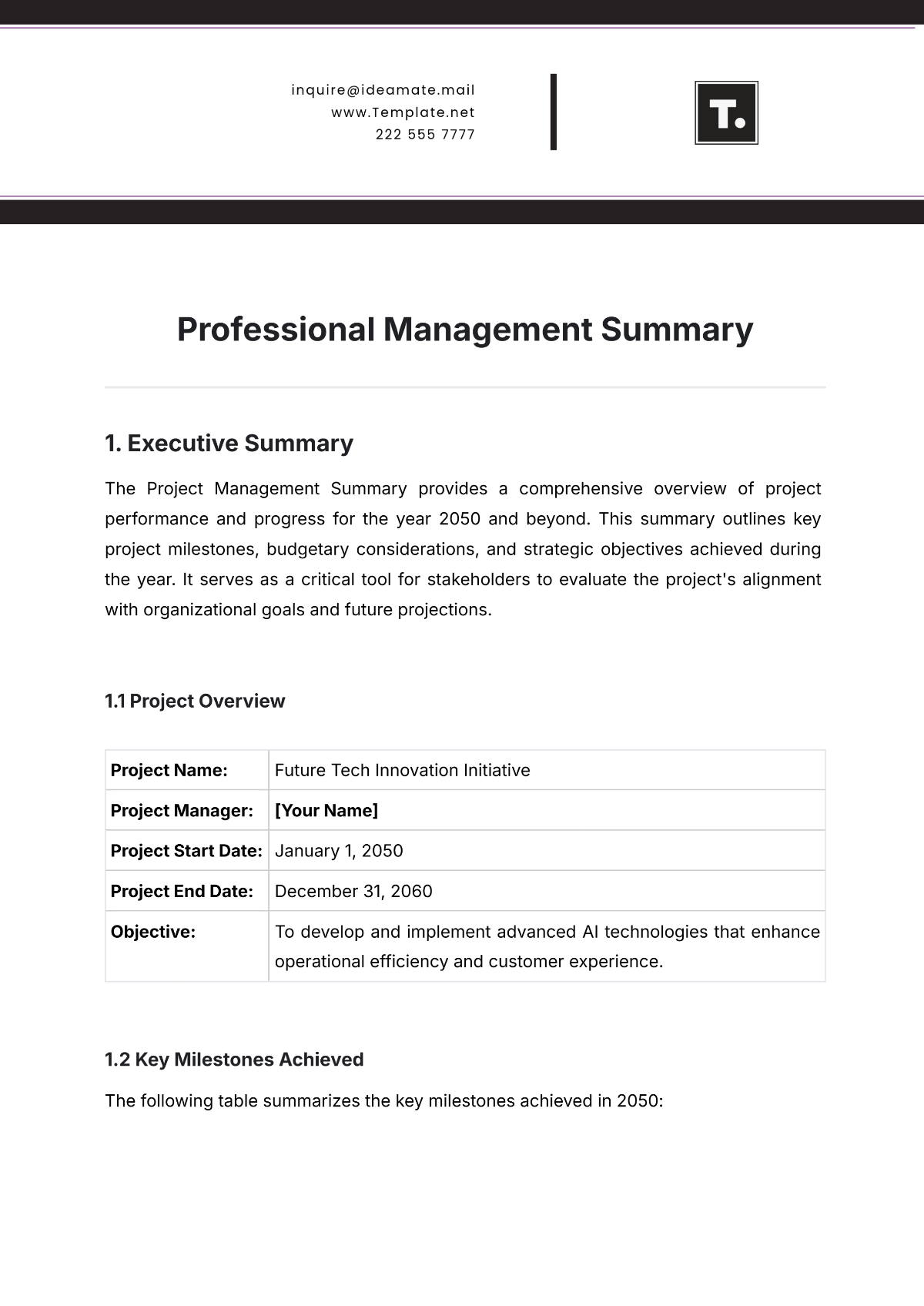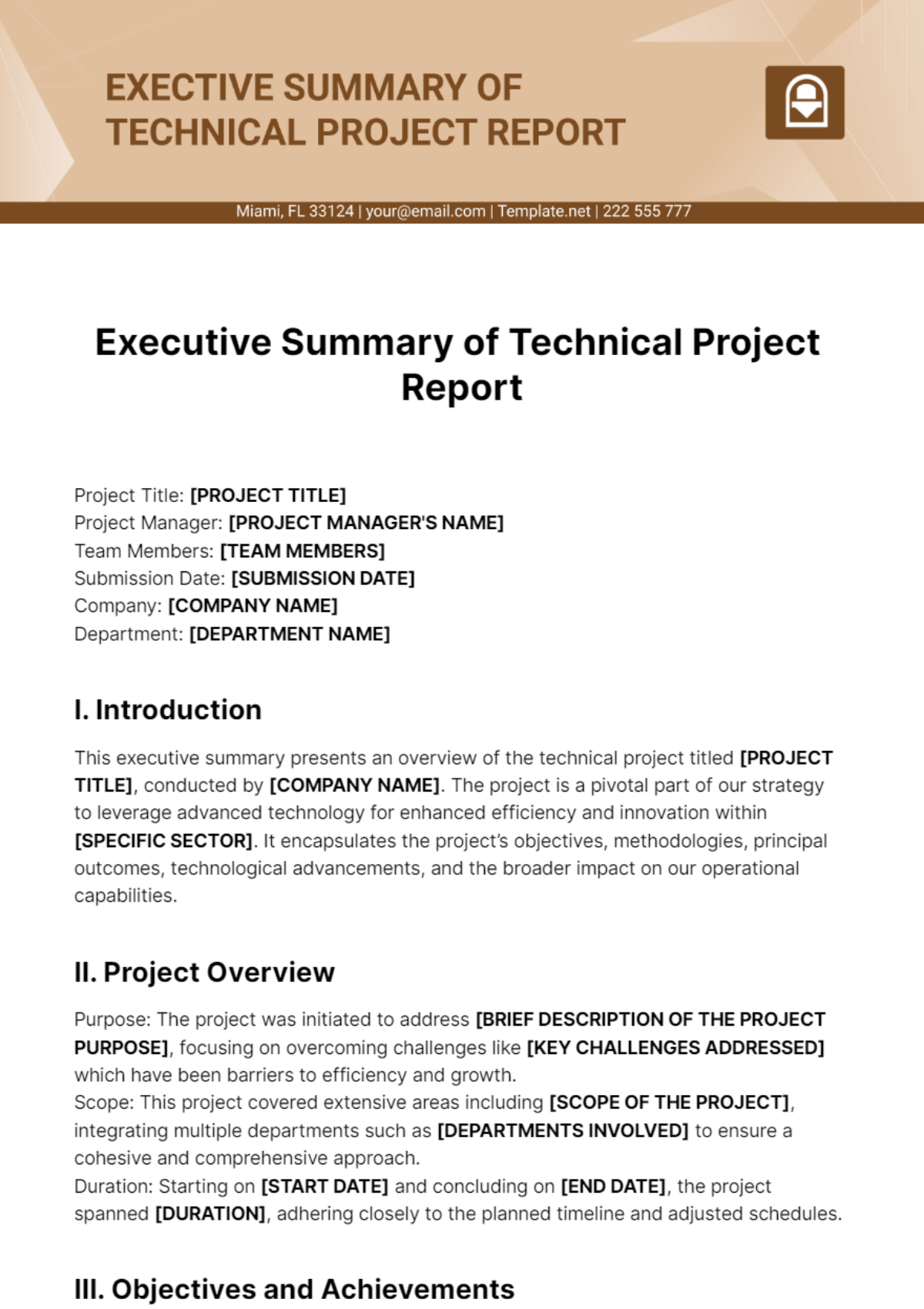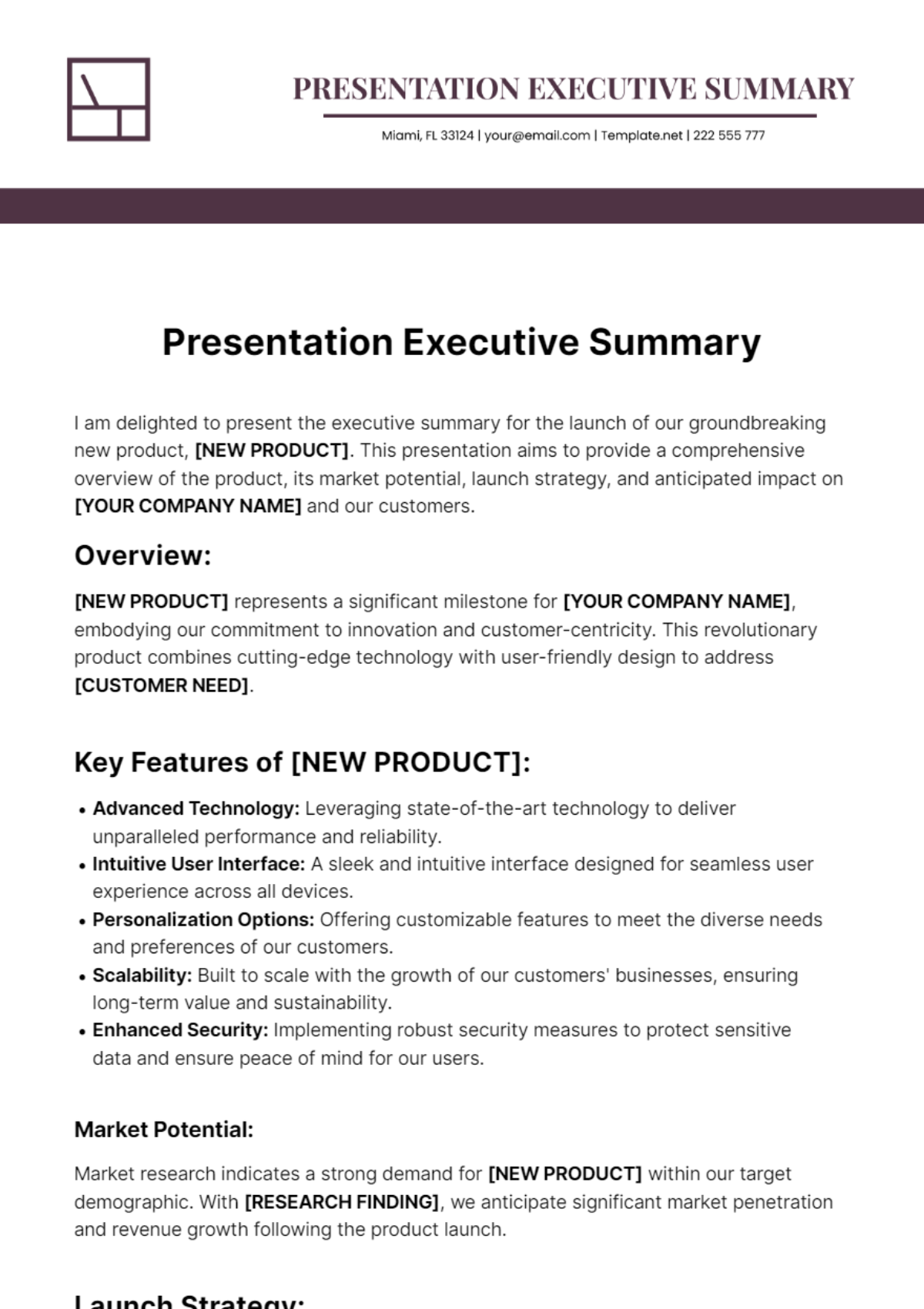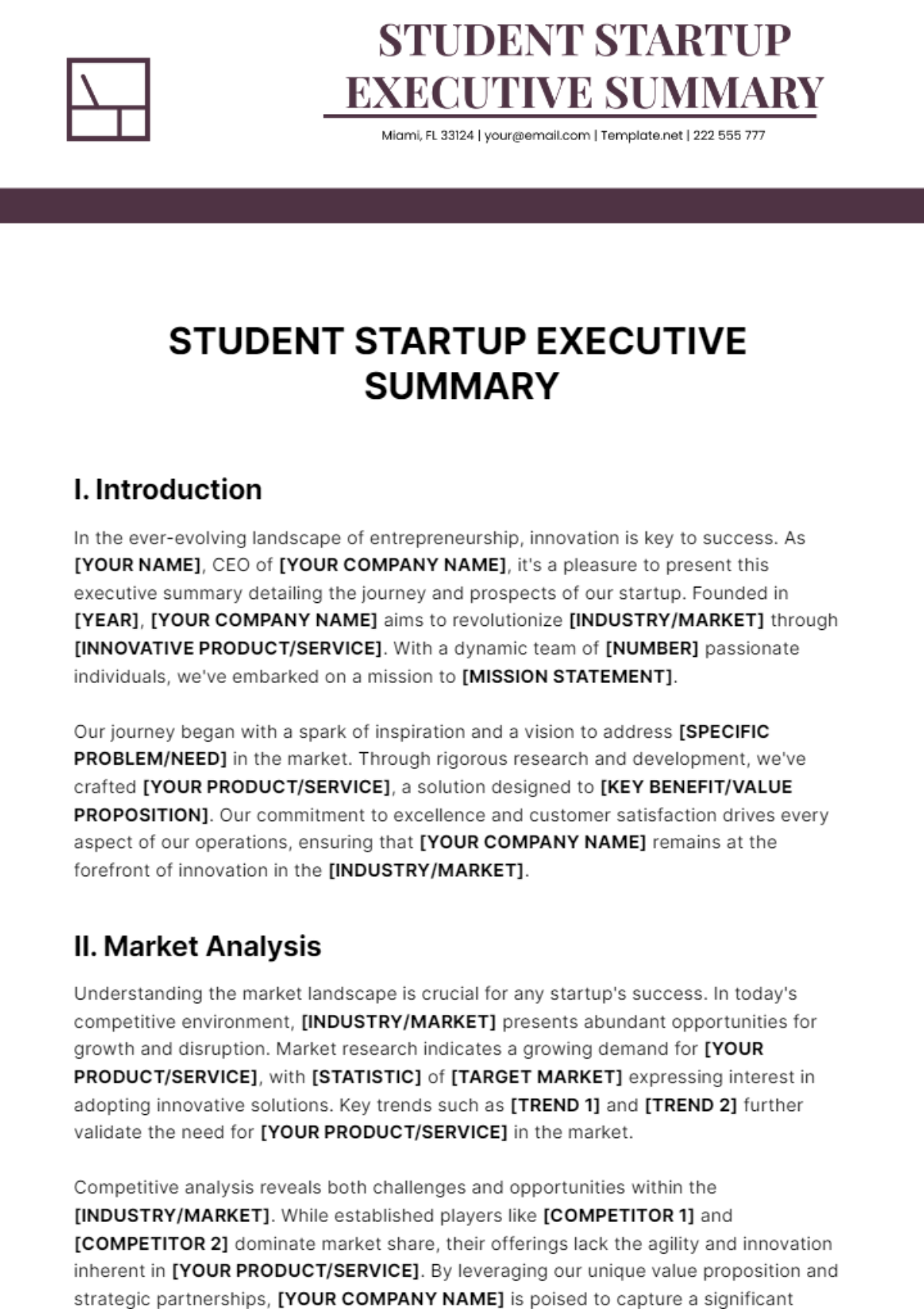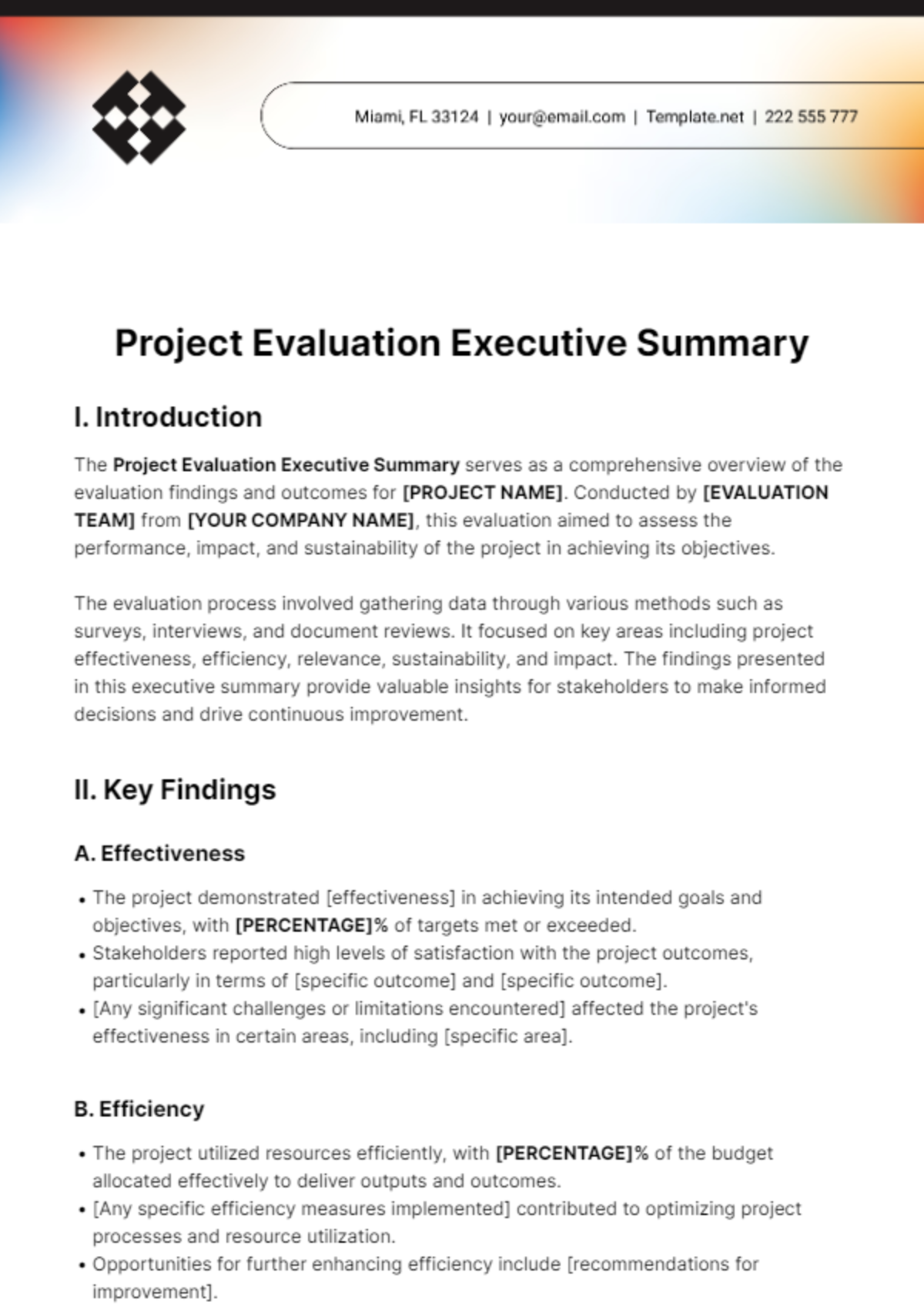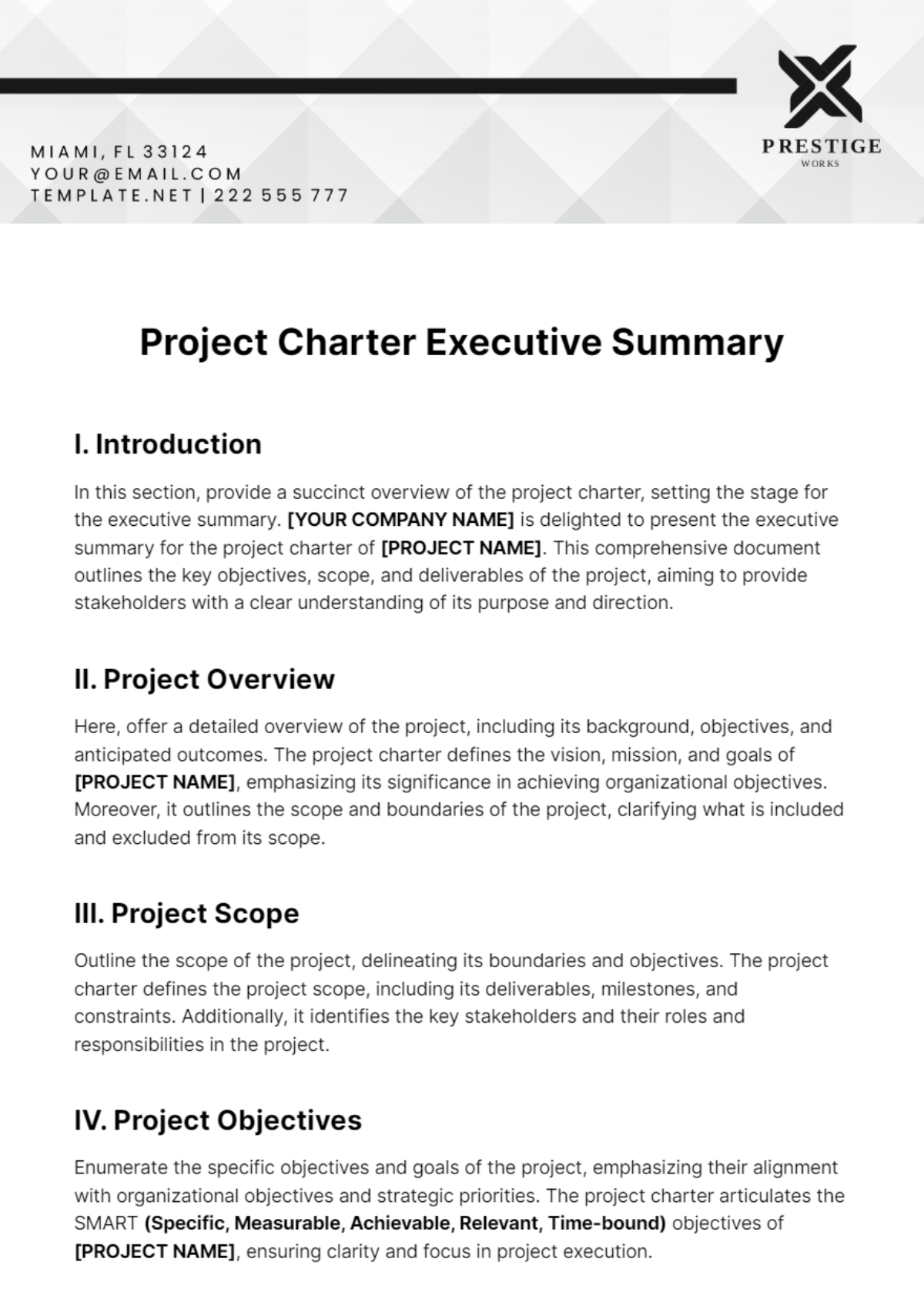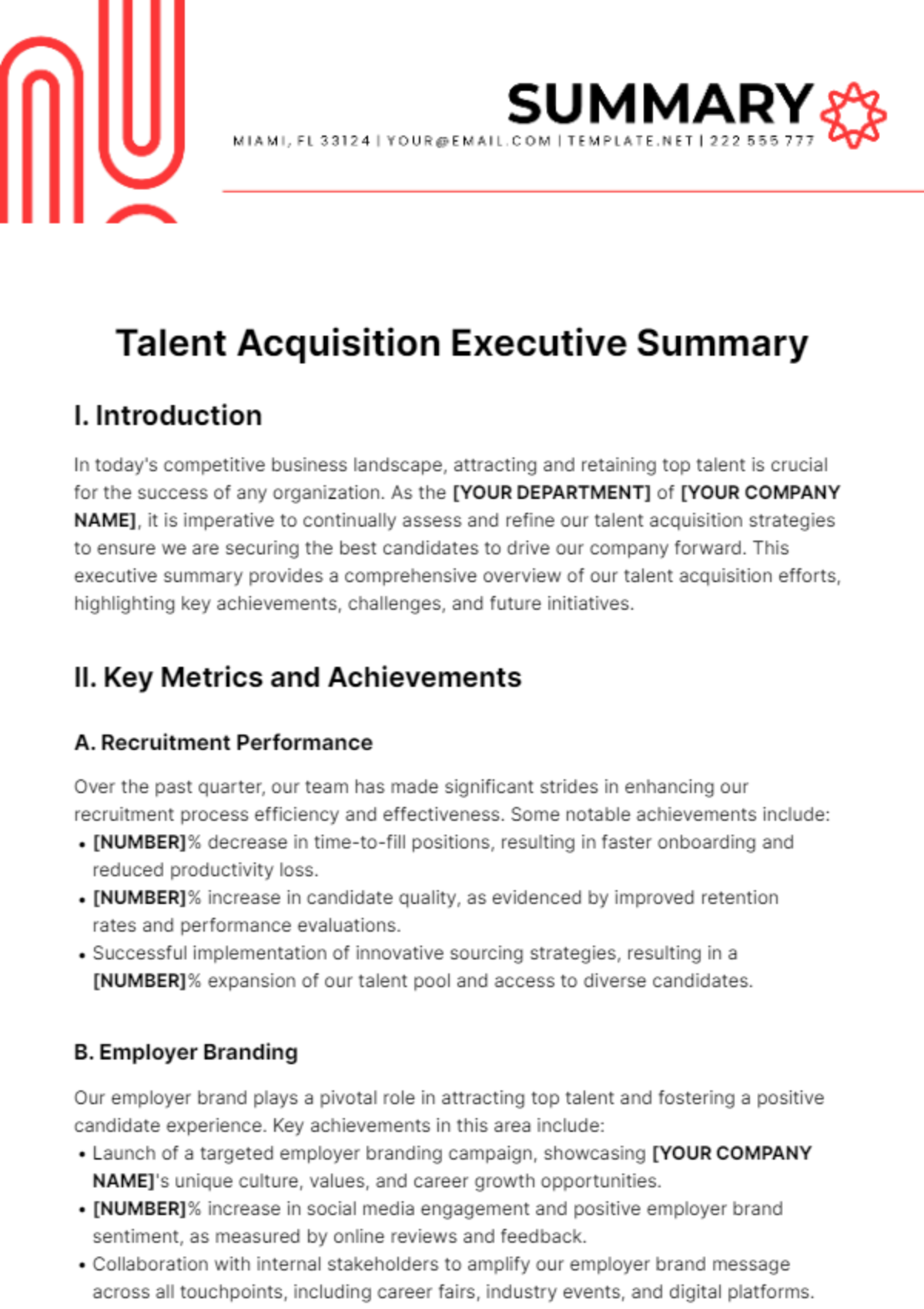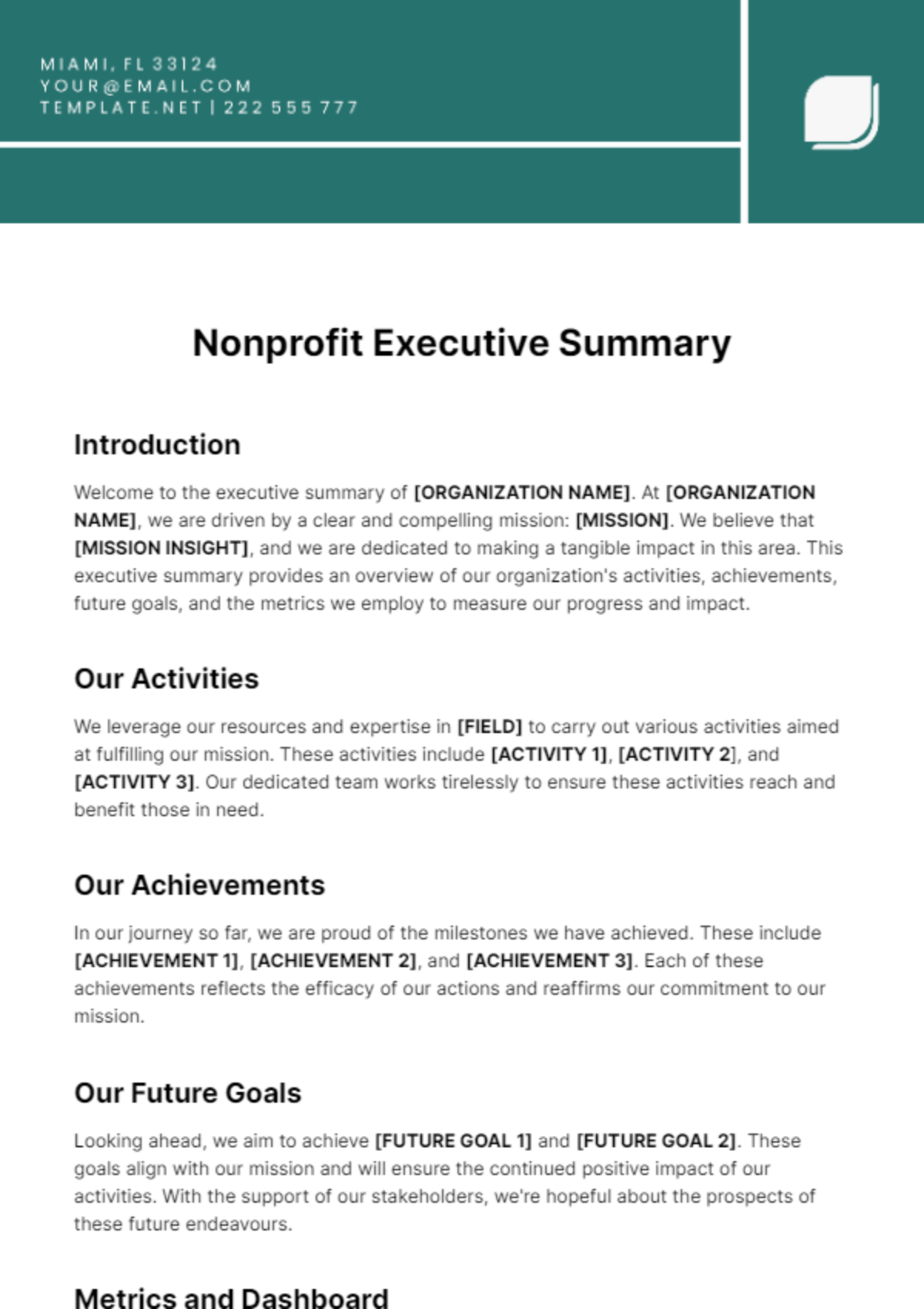Executive Summary for Dissertation
The Impact of Artificial Intelligence on Workforce Dynamics in the Energy Sector: A Study of Predictive Automation, 2050
Purpose and Importance
This dissertation examines the transformative effects of artificial intelligence (AI) on workforce structures within the energy sector by 2050. With AI's predictive automation revolutionizing industries, its adoption in energy systems has raised concerns about job displacement, skill gaps, and the redefinition of traditional roles. This research addresses these concerns by exploring how AI-driven tools influence operational efficiency and employee dynamics, filling a critical gap in future-focused workforce studies.
Research Objectives
The study's primary objectives are:
Analyze AI integration into energy operations by 2050.
To identify the skills most in demand due to AI-driven job transitions.
Propose strategies to balance automation efficiency and workforce adaptability.
Methodology
A mixed-method research design was employed:
Quantitative Analysis: Surveyed 500 employees across 50 global energy corporations to assess the impact of AI tools on job roles.
Qualitative Analysis: Conducted in-depth interviews with 30 industry leaders and policymakers to understand strategic planning for AI integration.
Comparative Case Studies: Examined three energy firms that adopted AI-driven predictive systems between 2040 and 2050.
Key Findings
Job Redesign: By 2050, 68% of traditional roles in the energy sector were redefined, with a significant rise in hybrid human-AI collaborations.
Skill Evolution: Demand for advanced technical skills, such as data analytics and machine learning, grew by 45%, while manual operational roles decreased by 30%.
Workforce Sentiment: Employees in organizations that invested in AI training programs reported 80% higher job satisfaction compared to those that did not.
Operational Efficiency: Predictive AI increased system efficiency by 55%, primarily in renewable energy grids and resource allocation.
Conclusion and Implications
The research concludes that while AI significantly enhances efficiency and predictive accuracy in the energy sector, its success hinges on proactive workforce adaptation measures. To ensure sustainable transitions, the study recommends:
Continuous Skill Development: Introducing AI-specific certifications and retraining programs.
Collaborative Policy Frameworks: Governments and corporations must co-develop policies to mitigate job displacement risks.
Ethical AI Integration: Establishing oversight mechanisms to ensure equitable job redesigns and address potential biases.
These insights provide valuable frameworks for policymakers, industry leaders, and educational institutions to navigate the evolving landscape of AI-driven energy systems in 2050.
